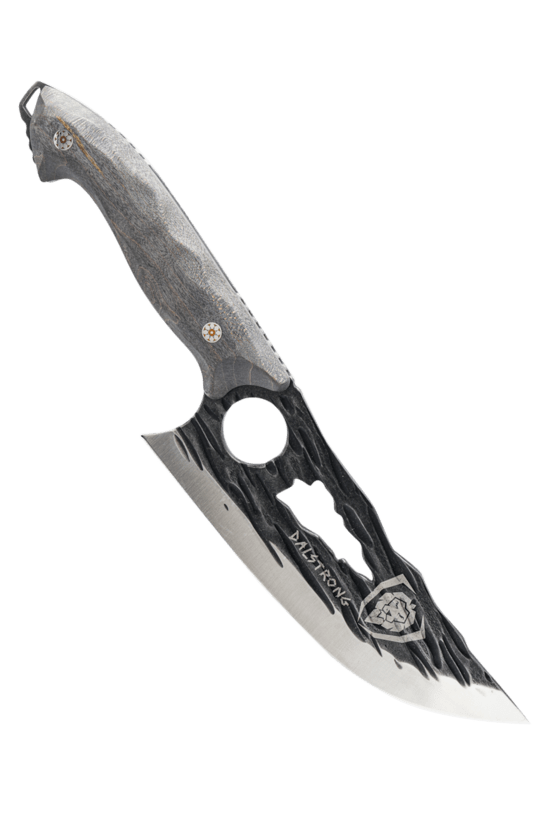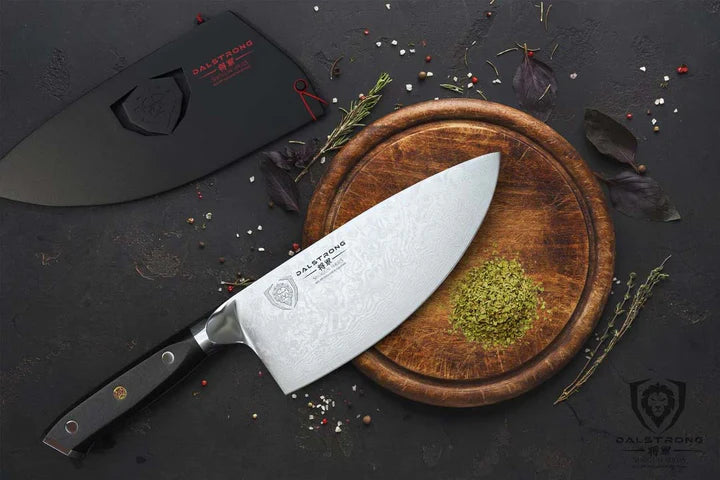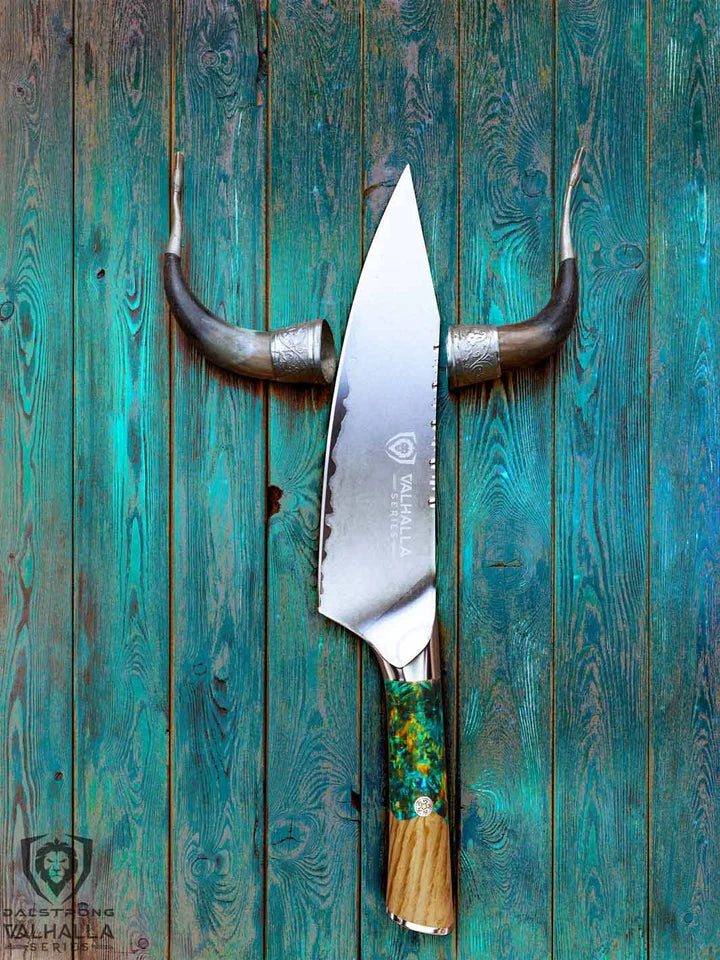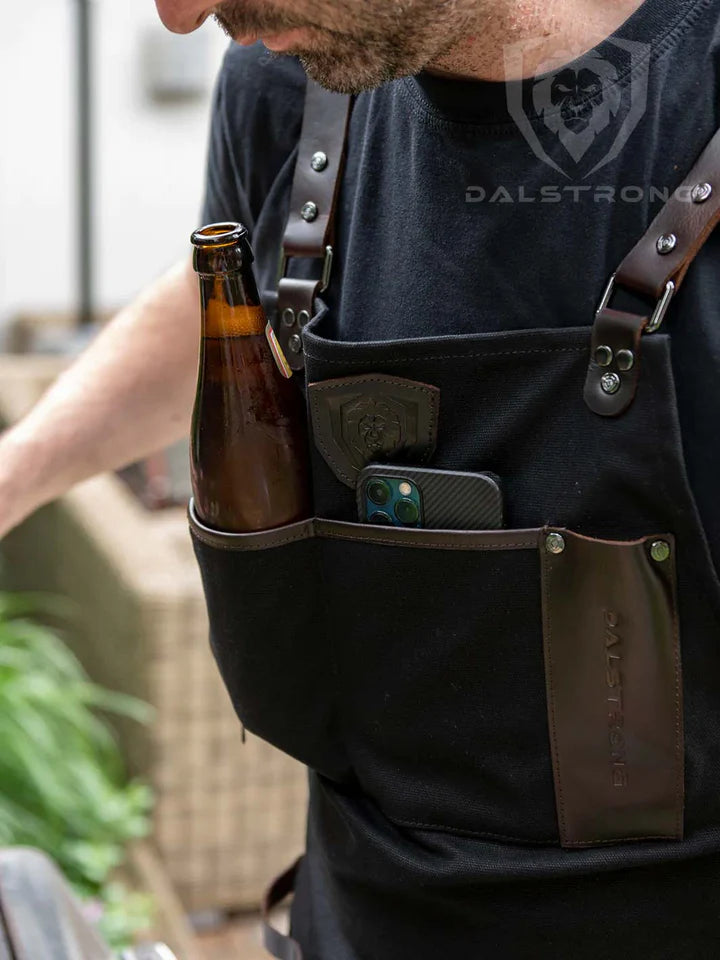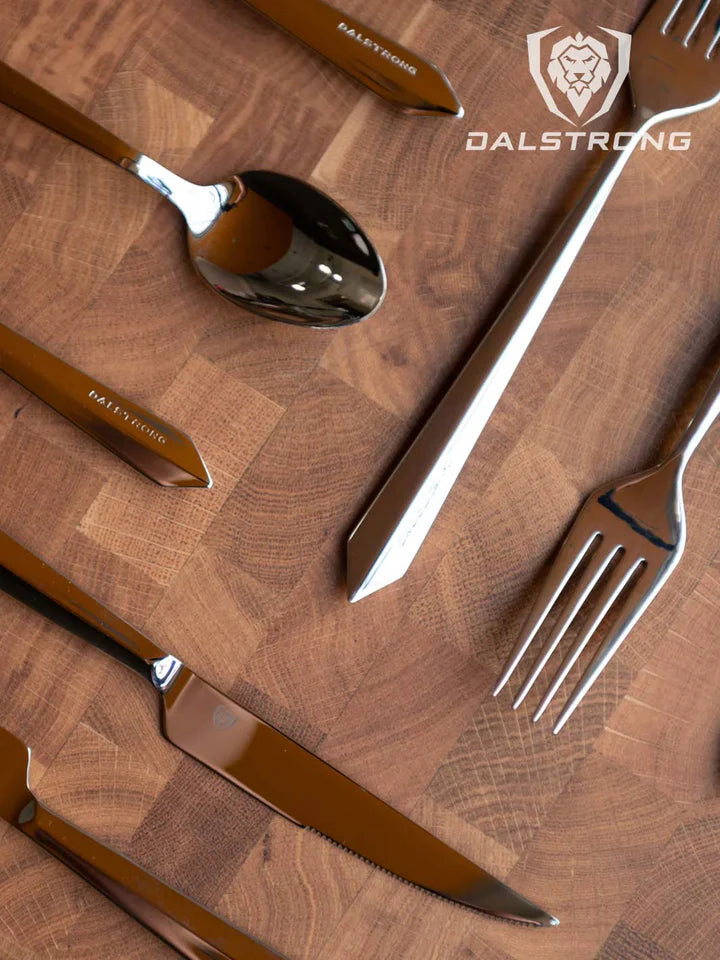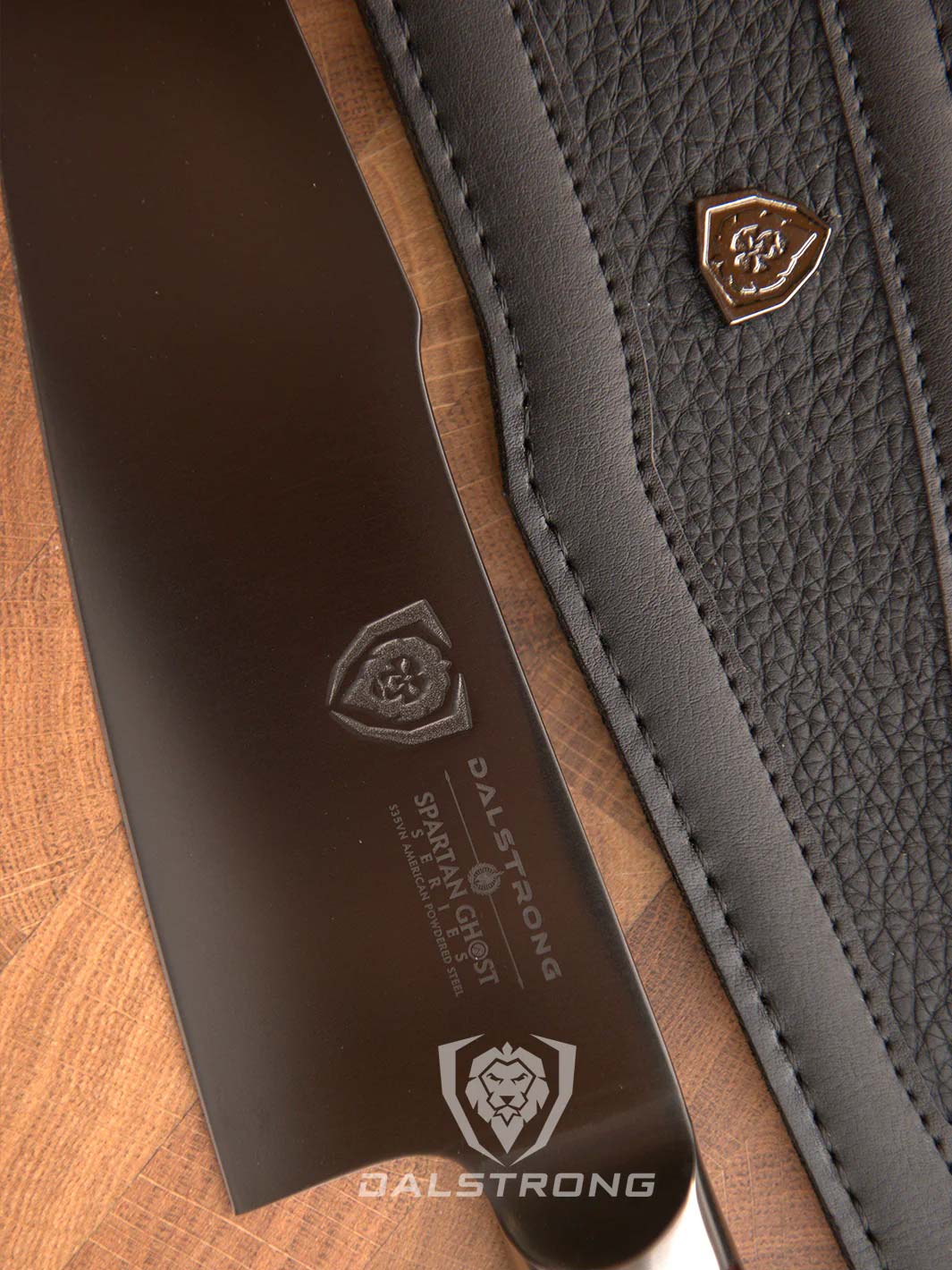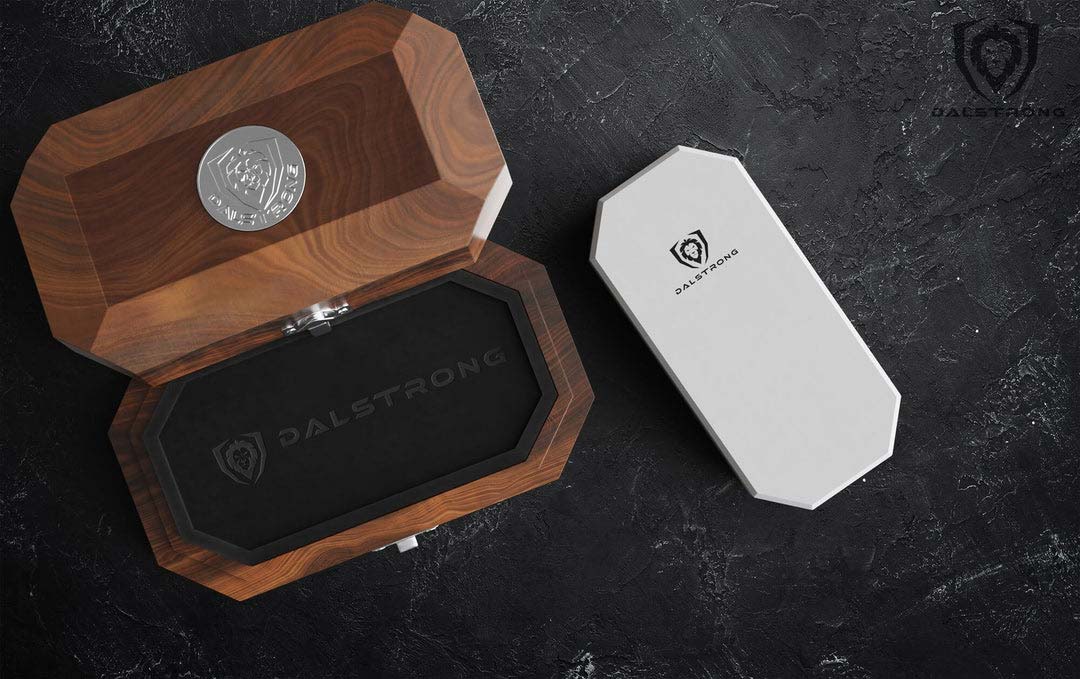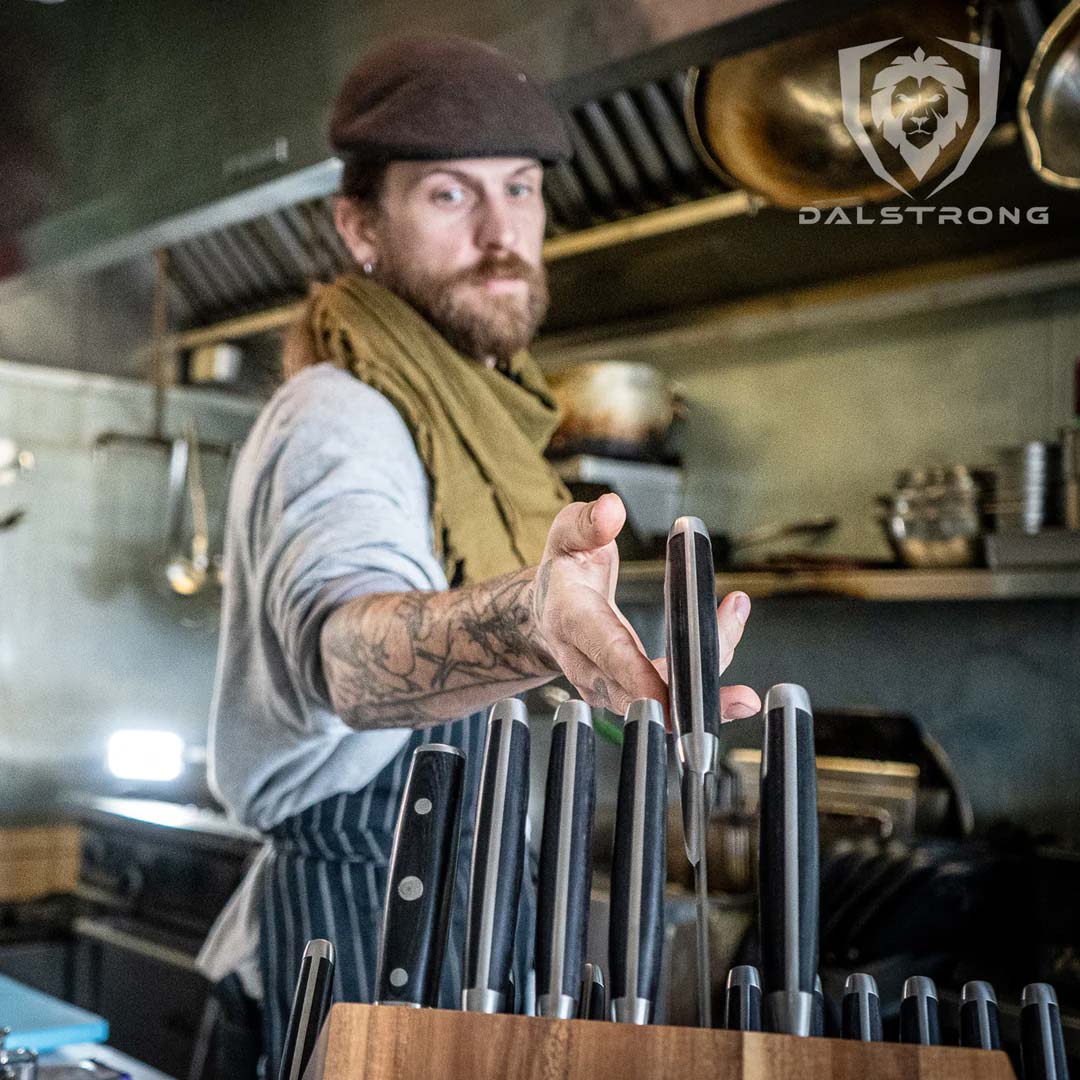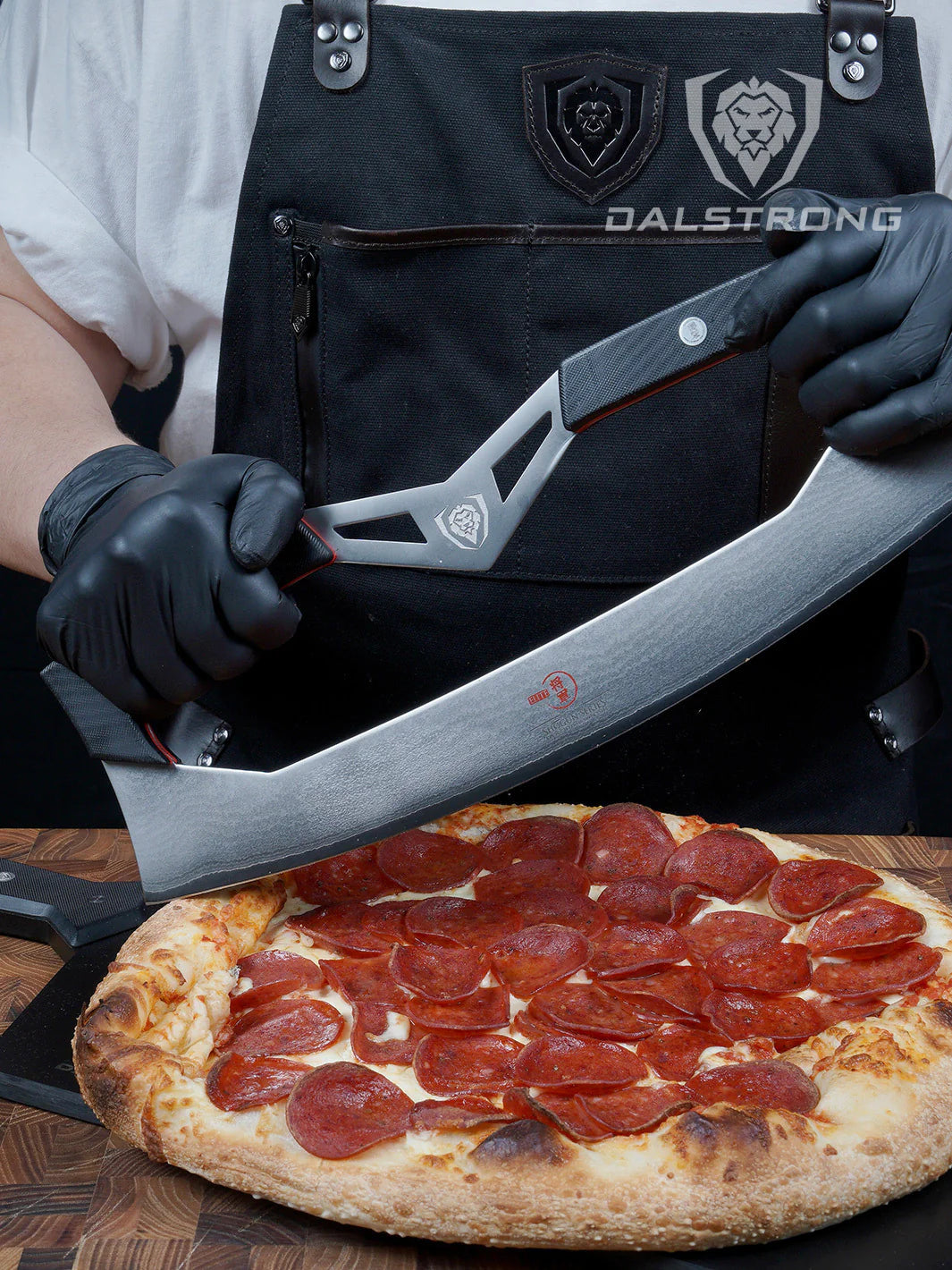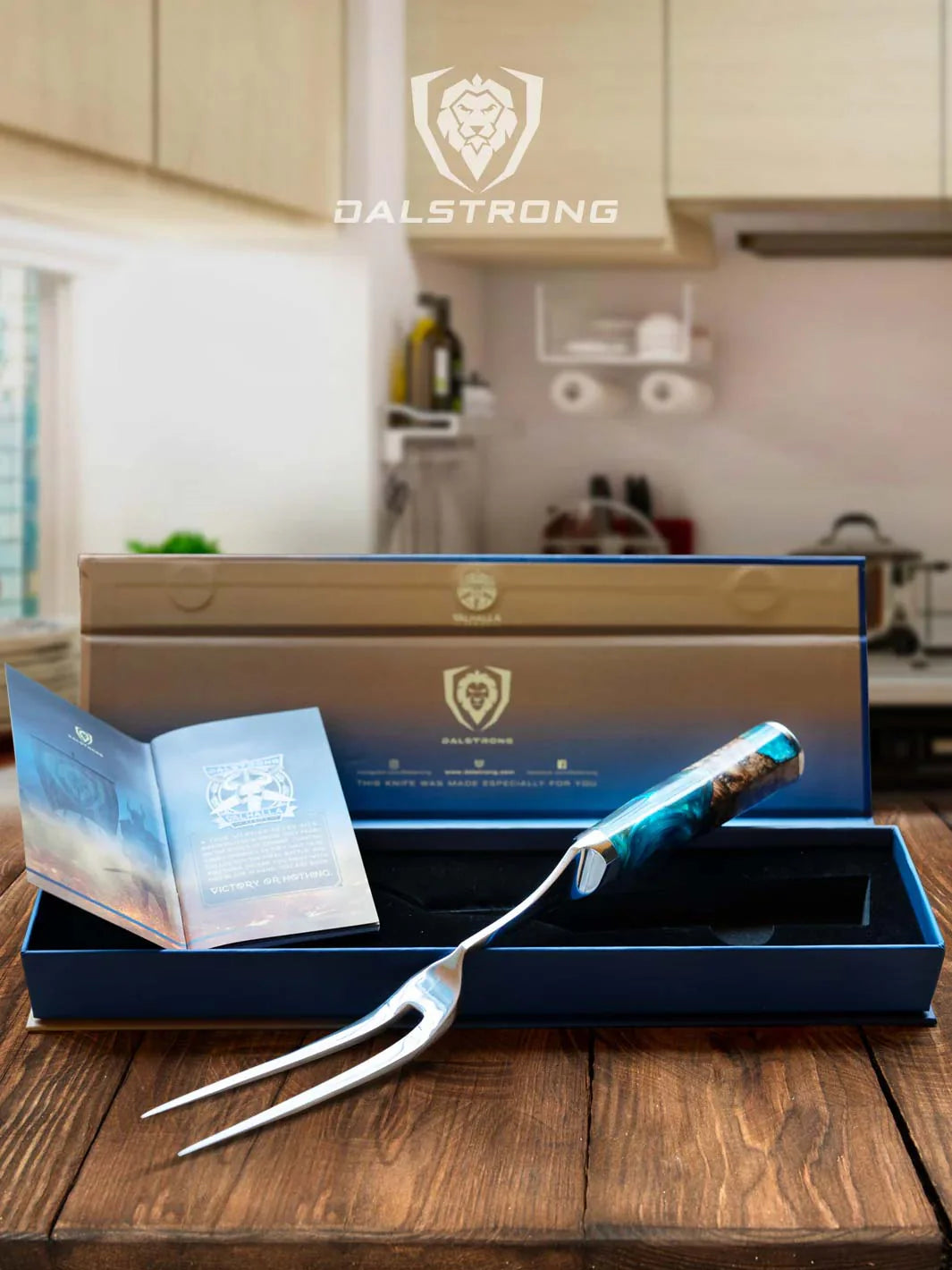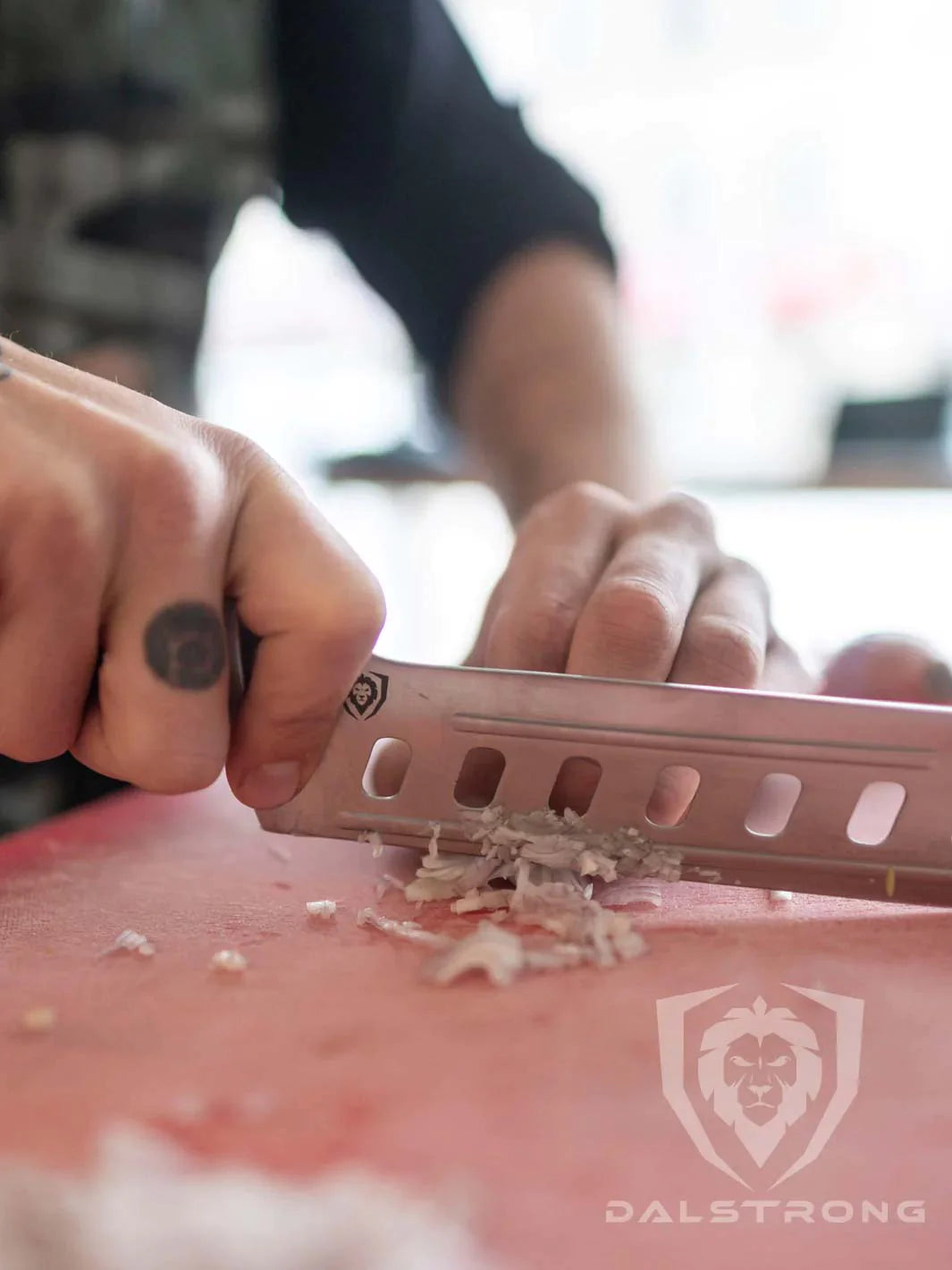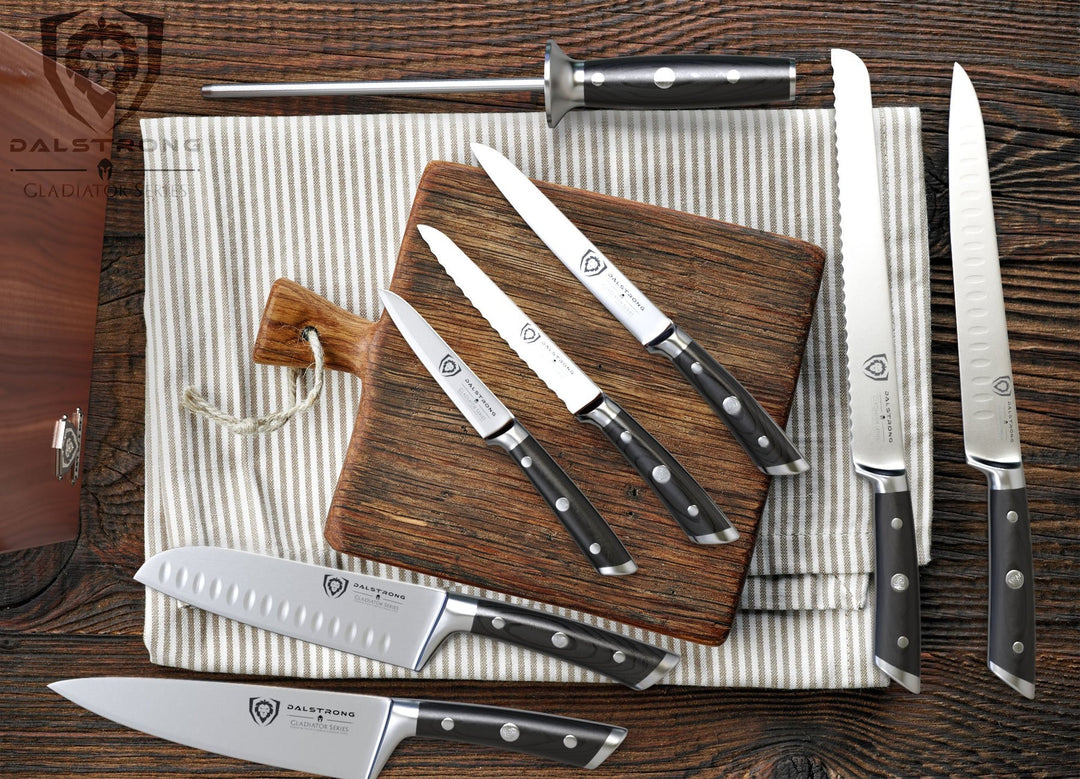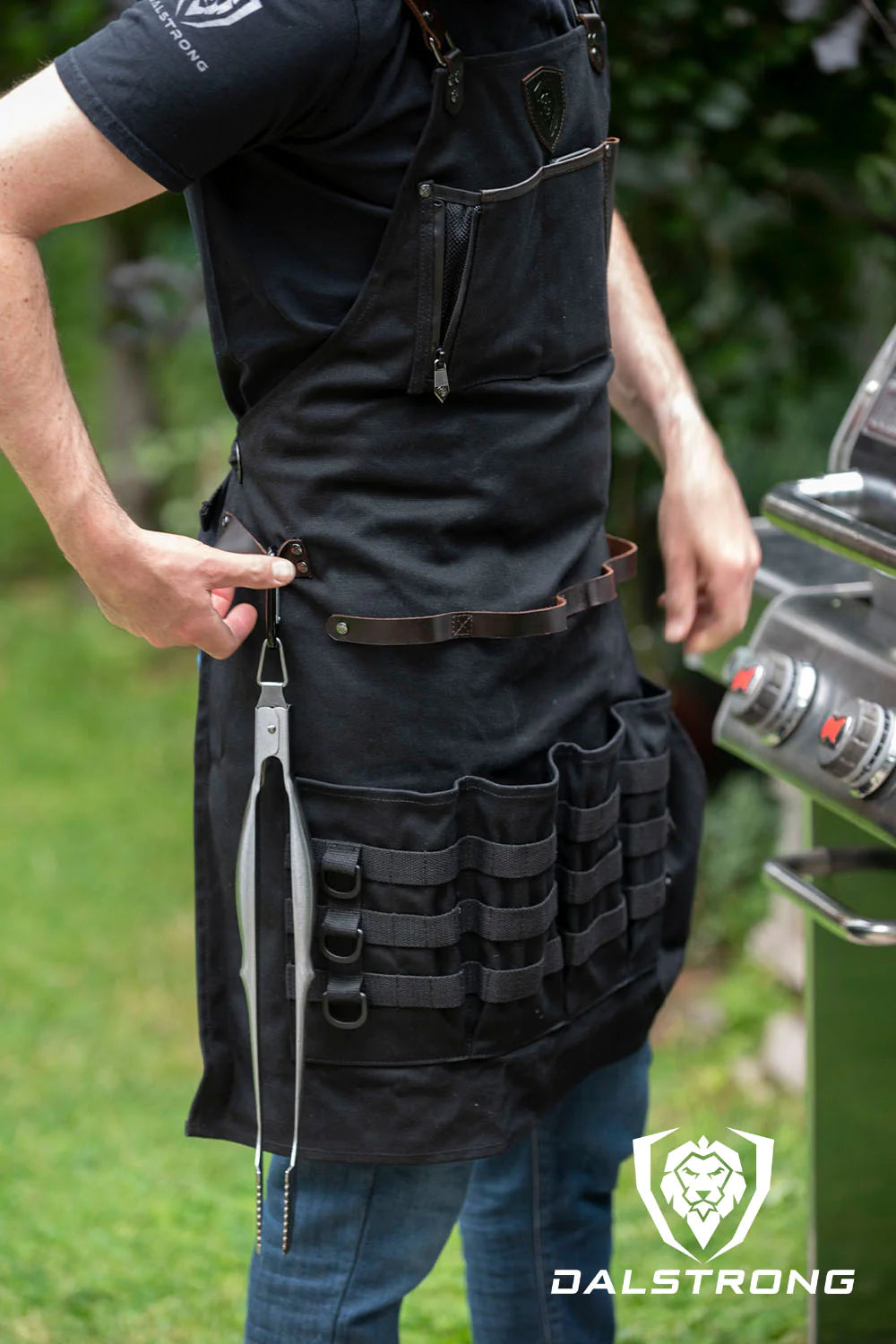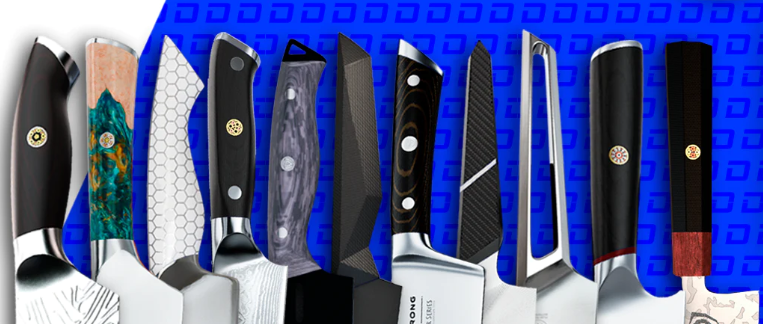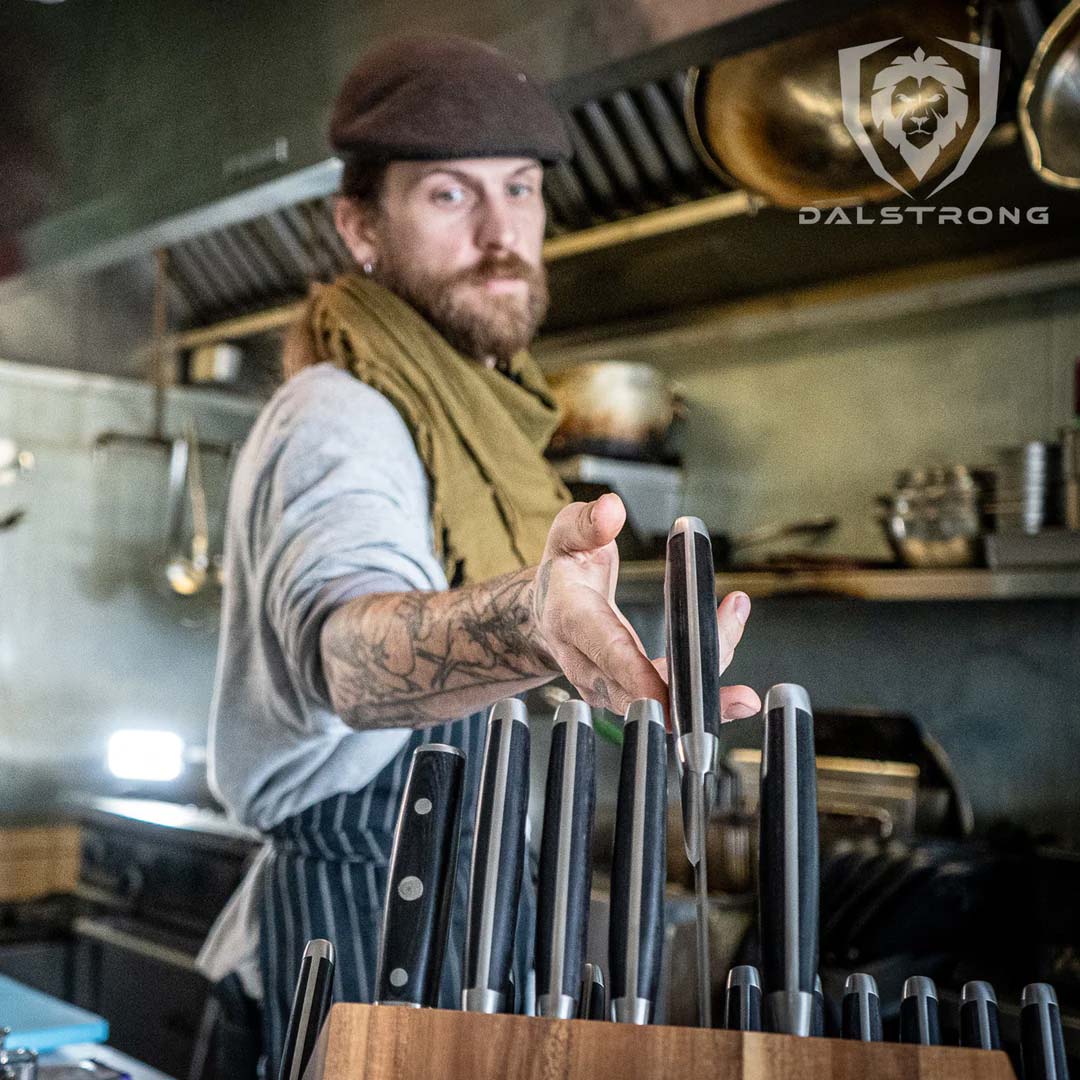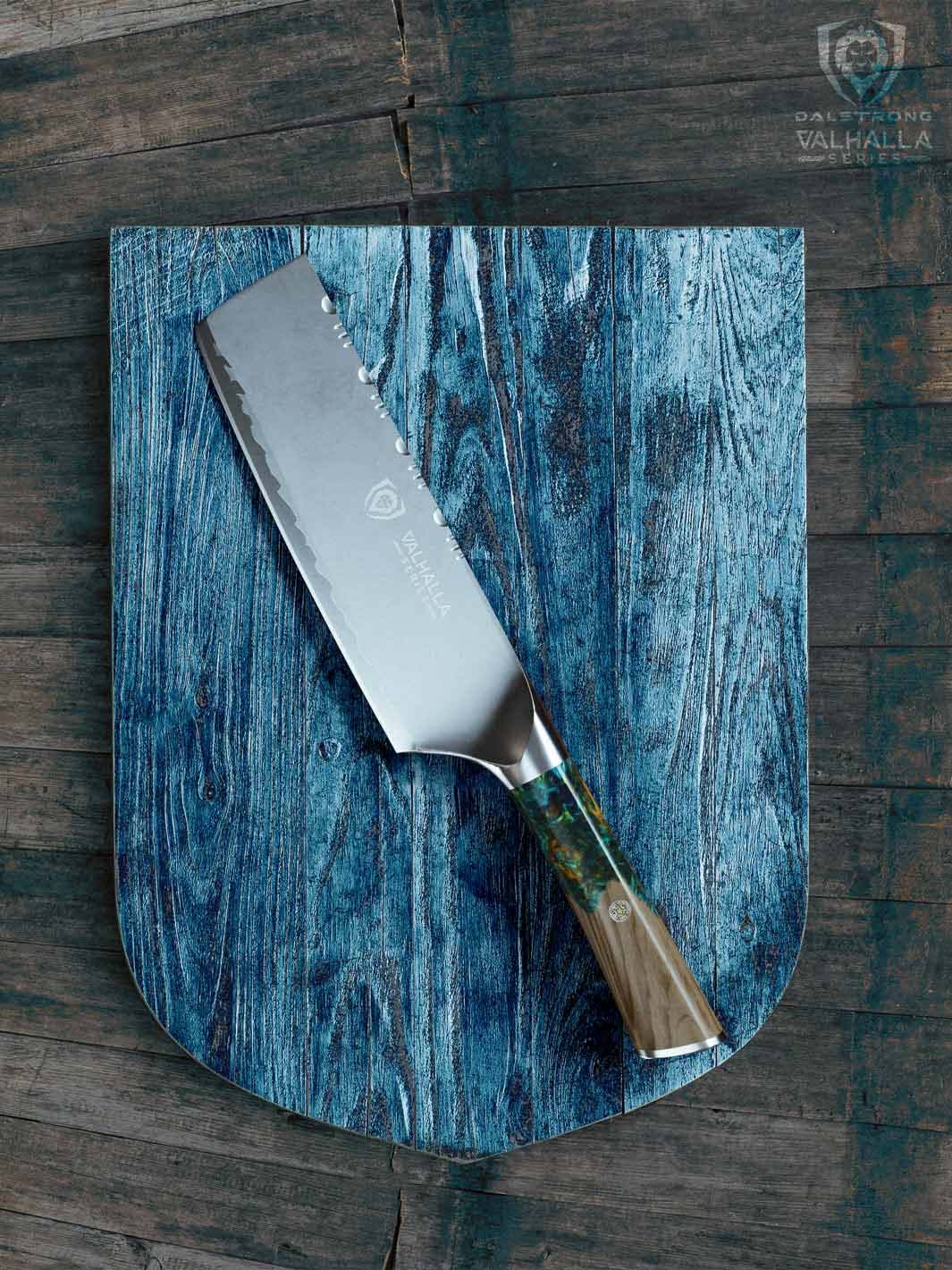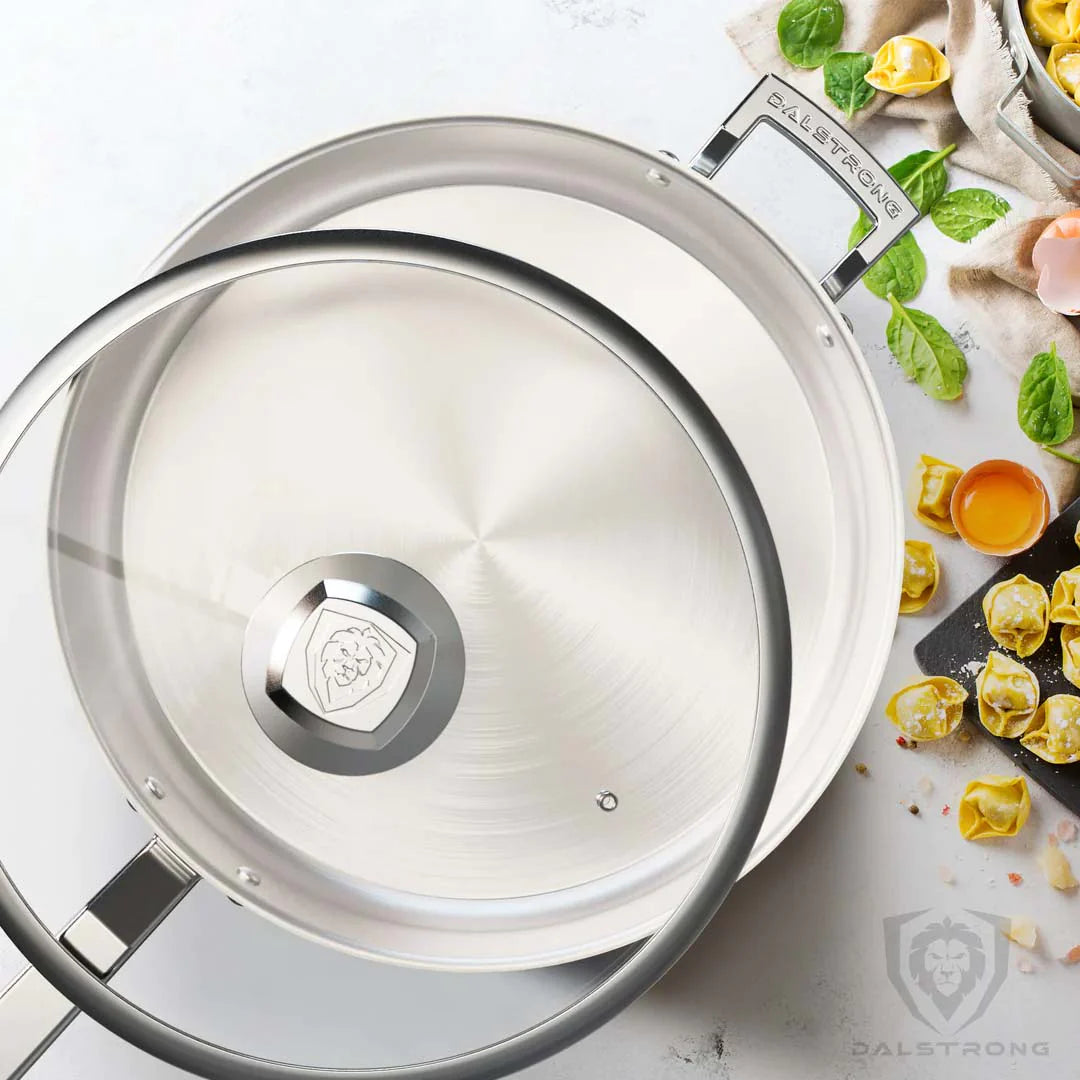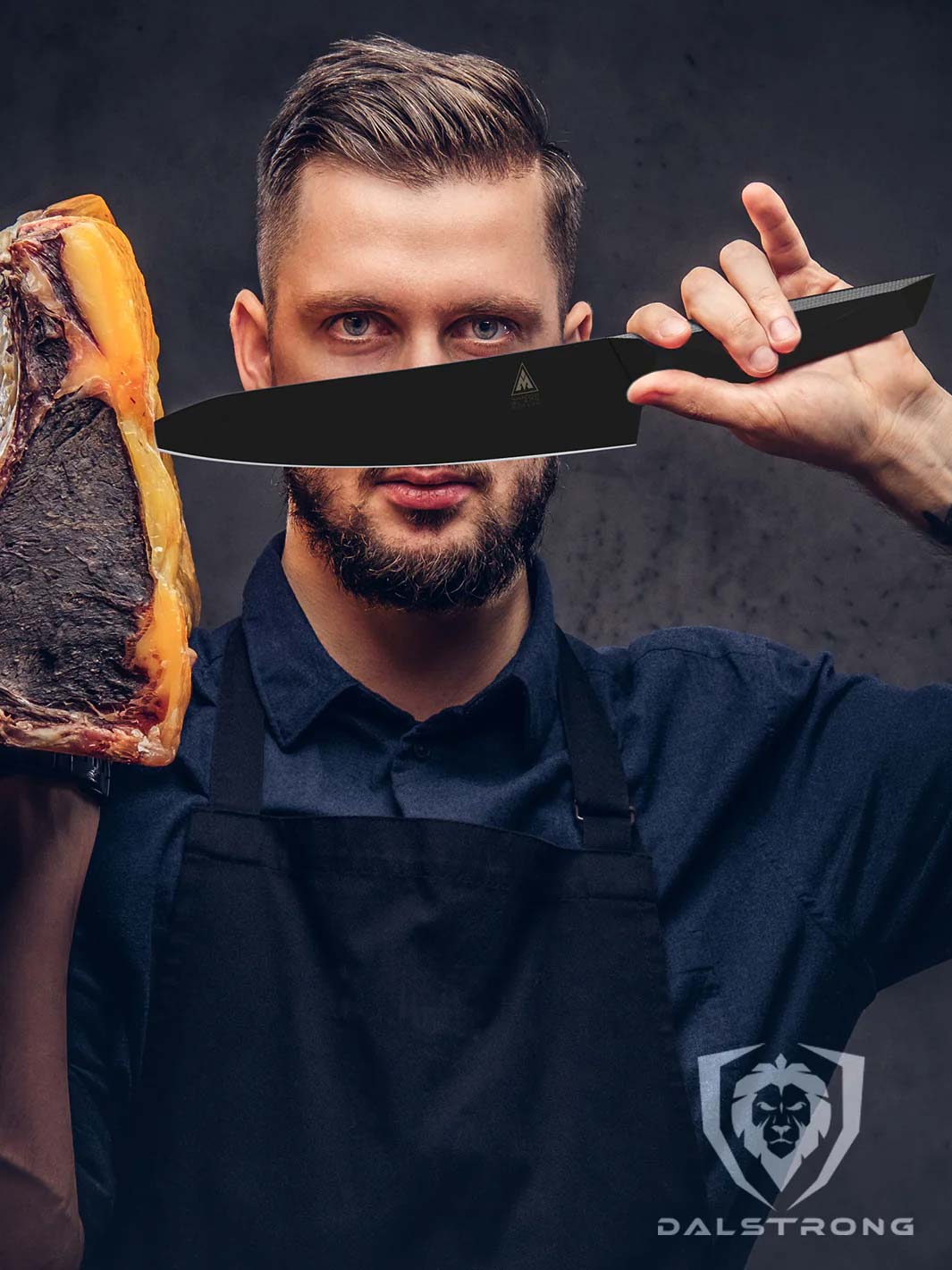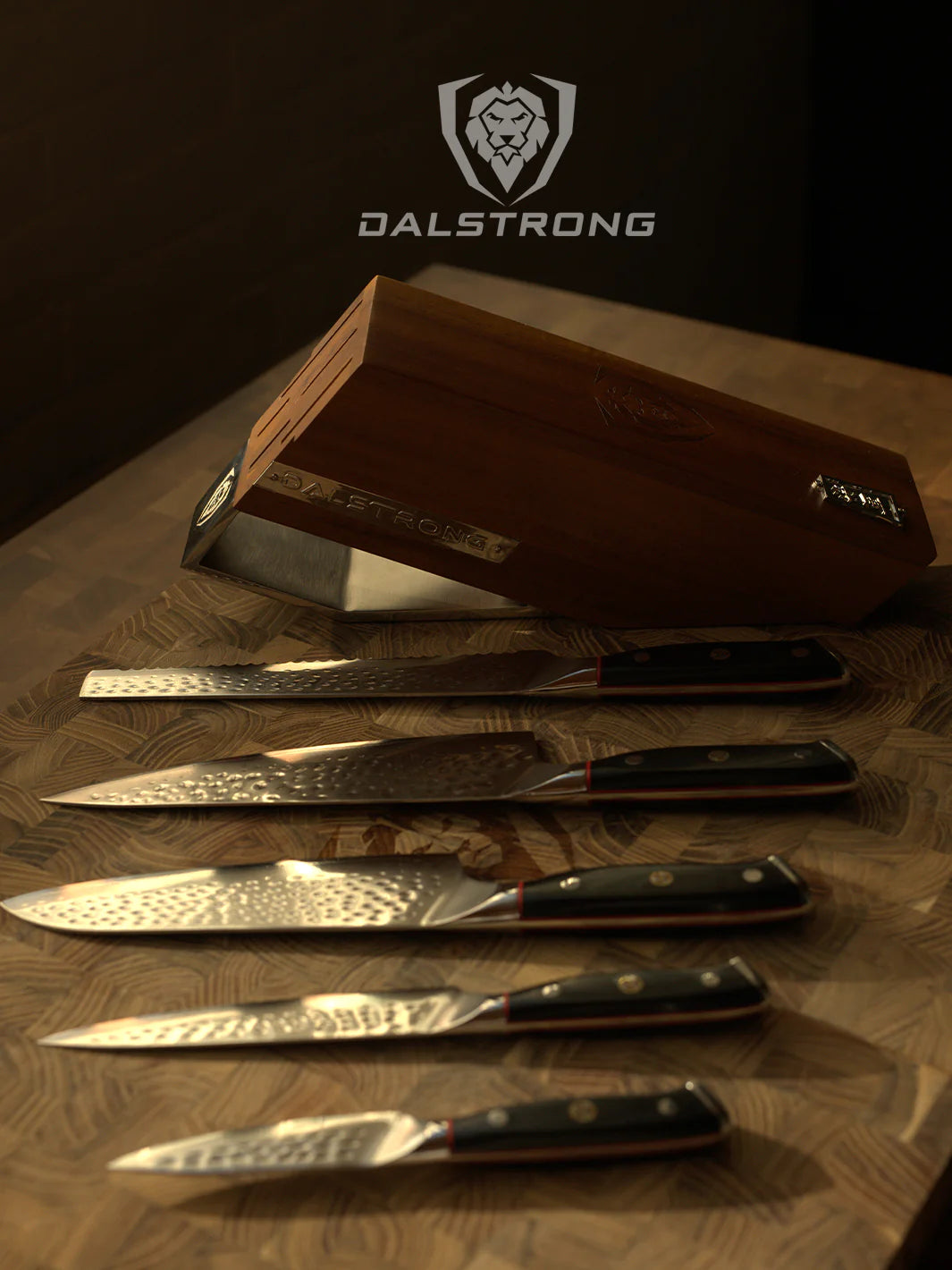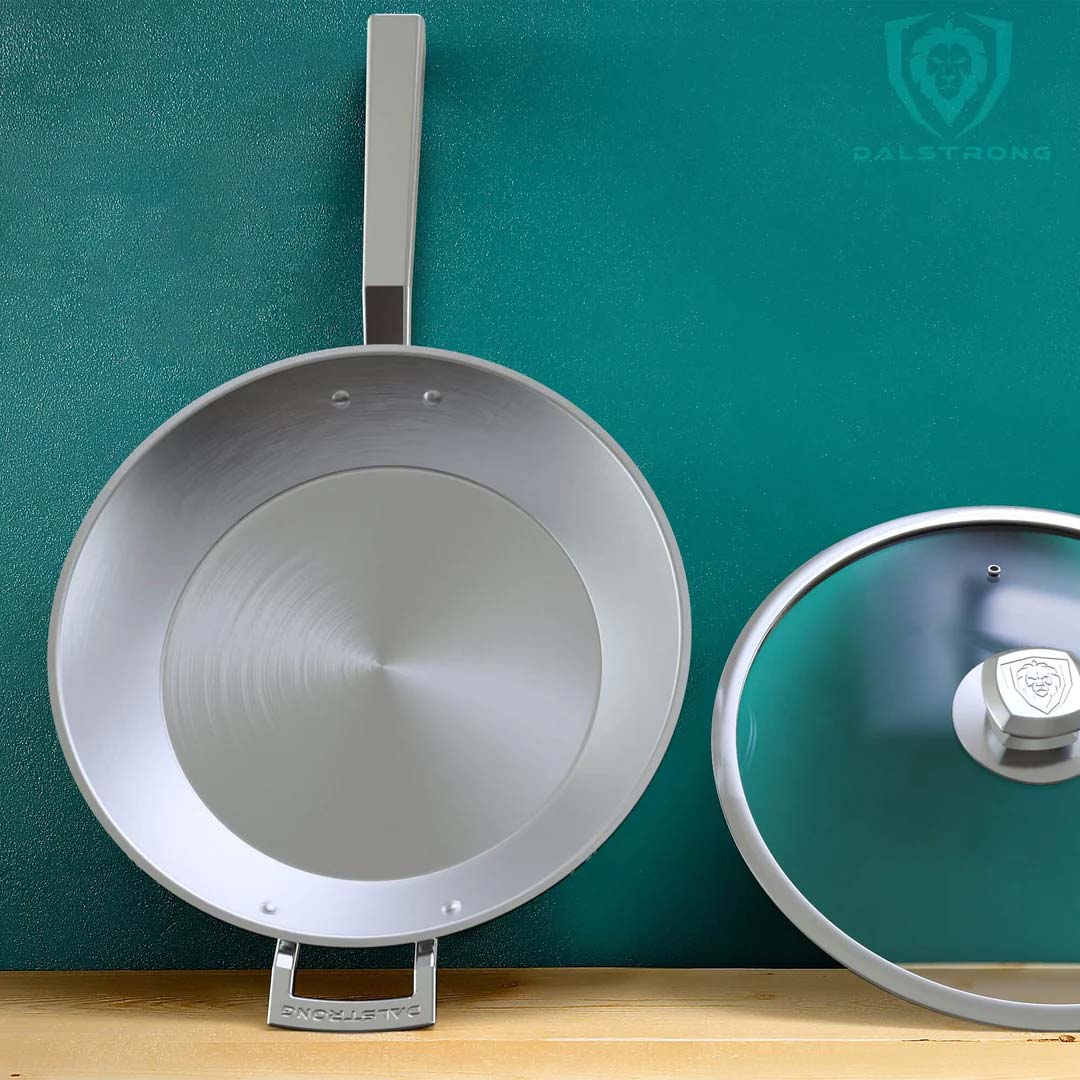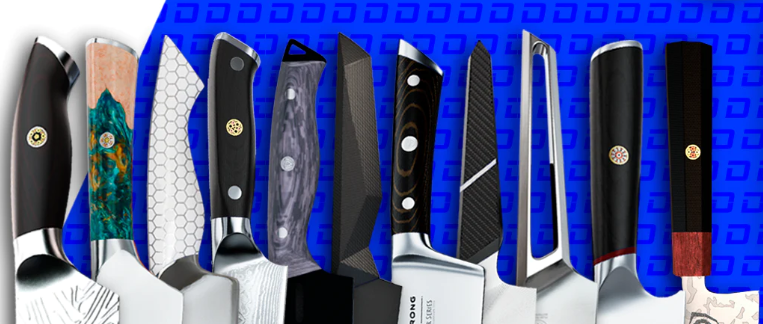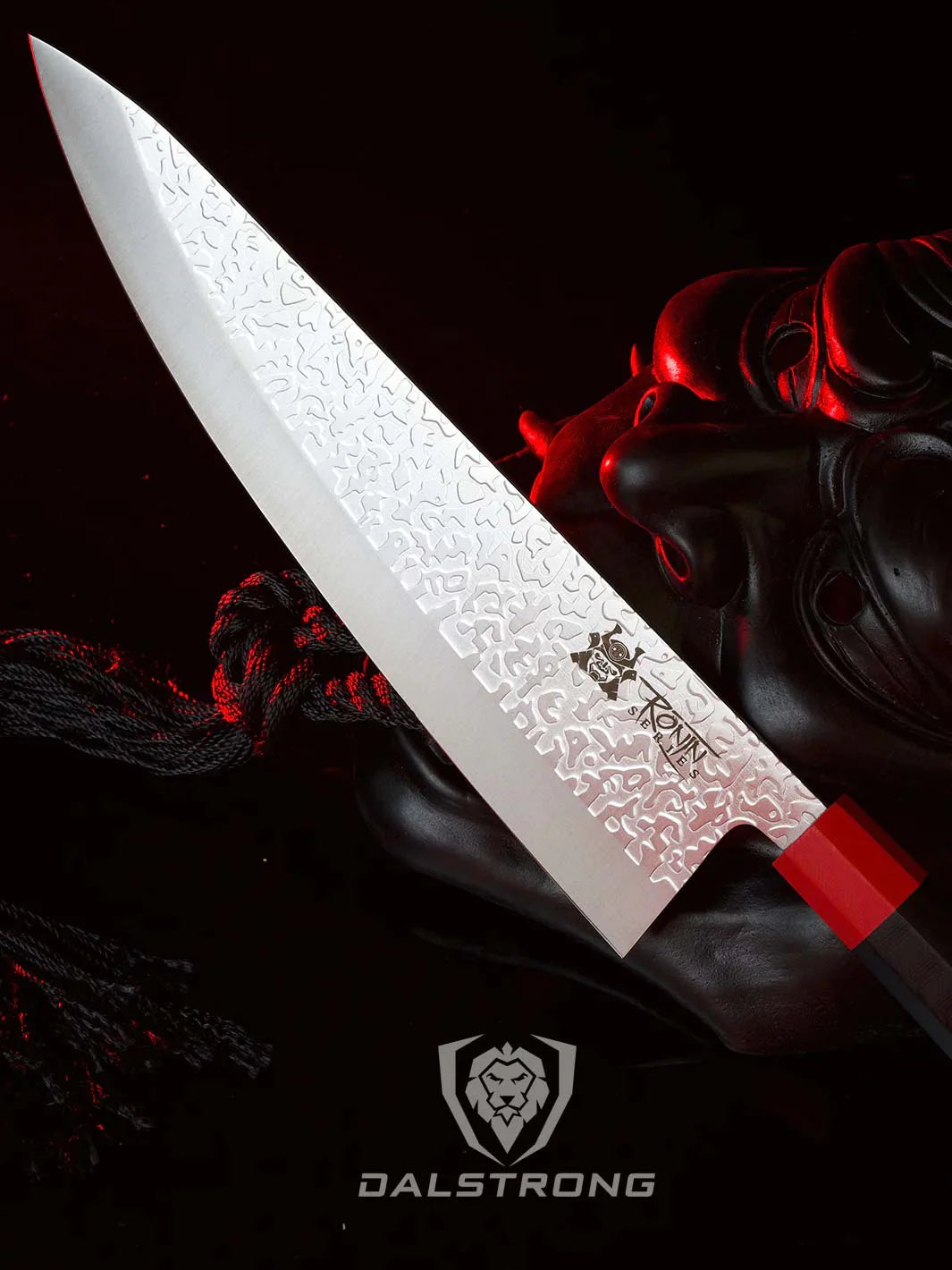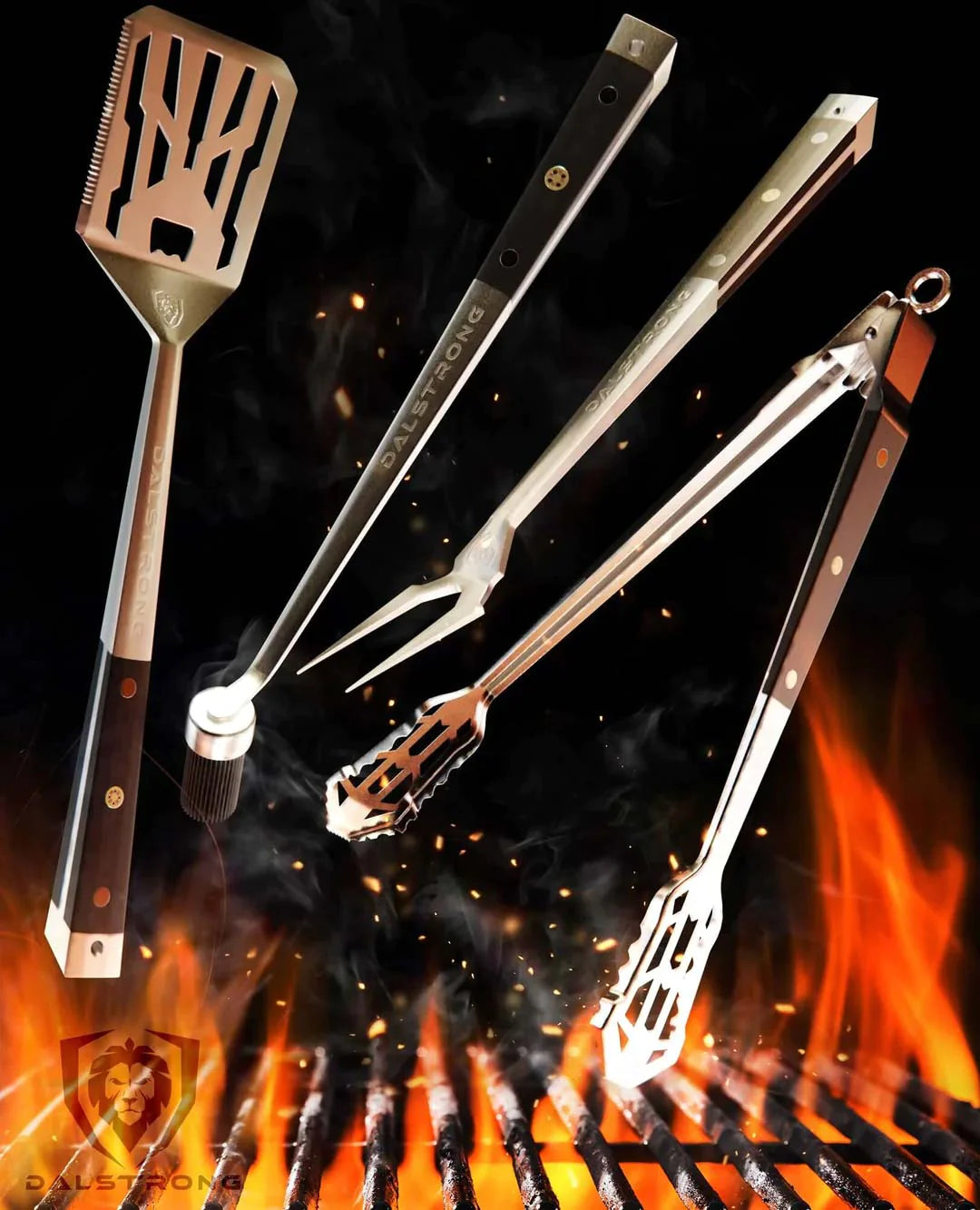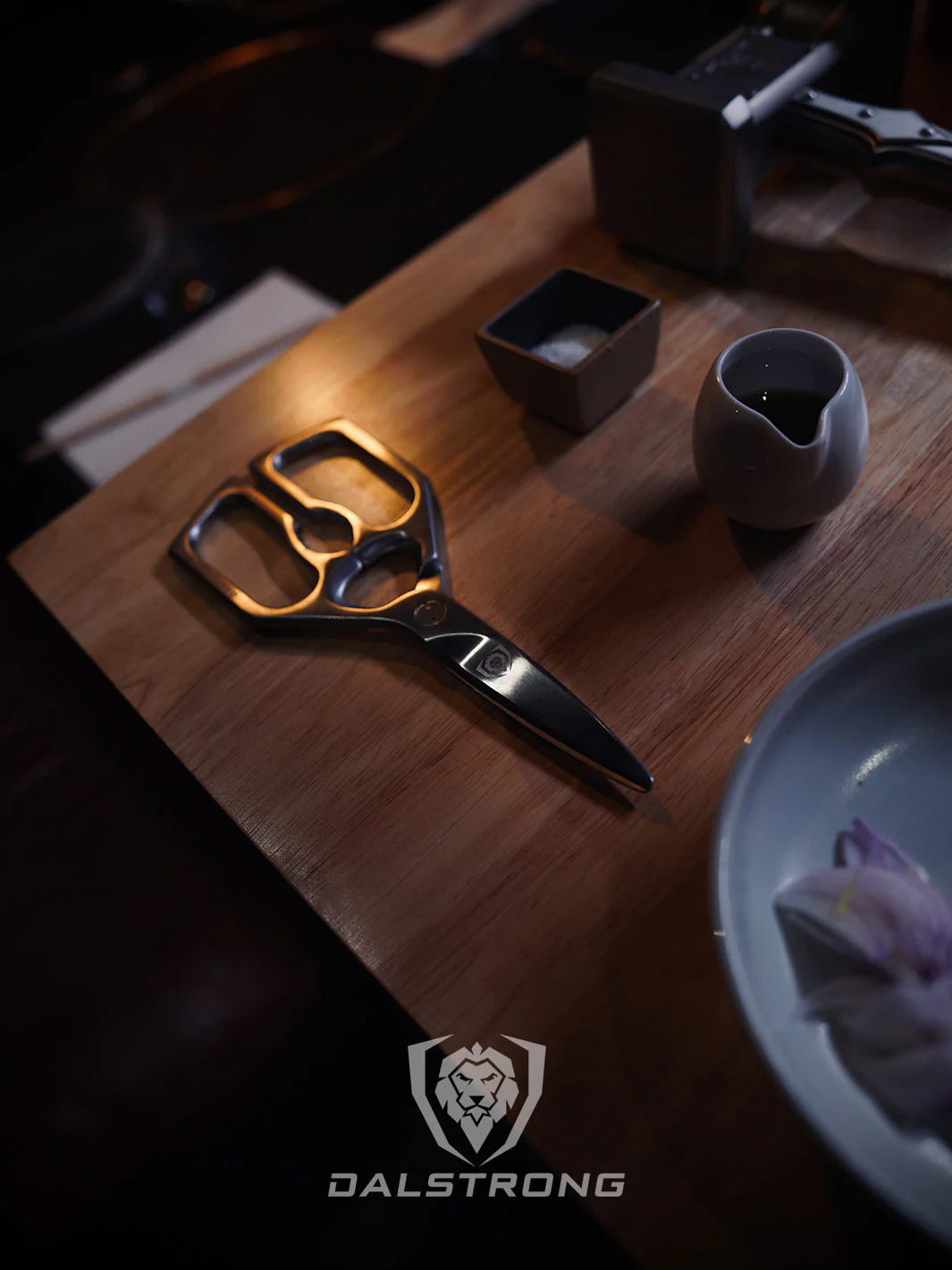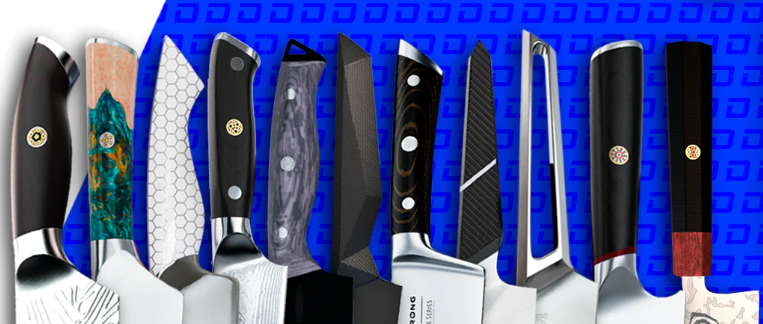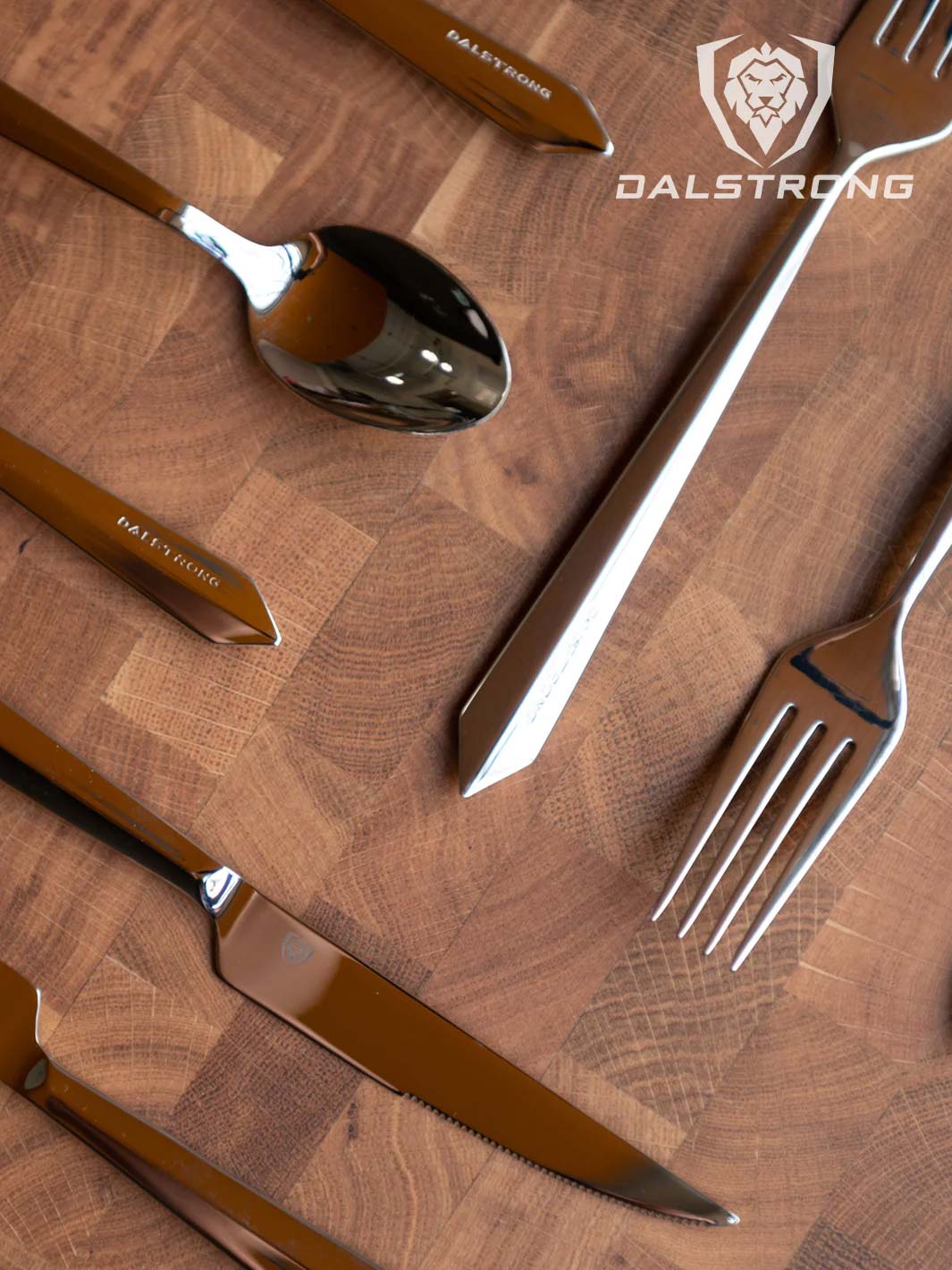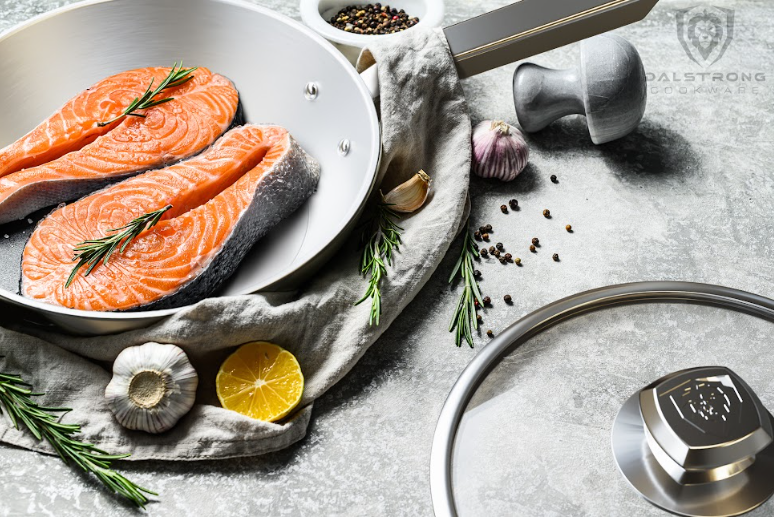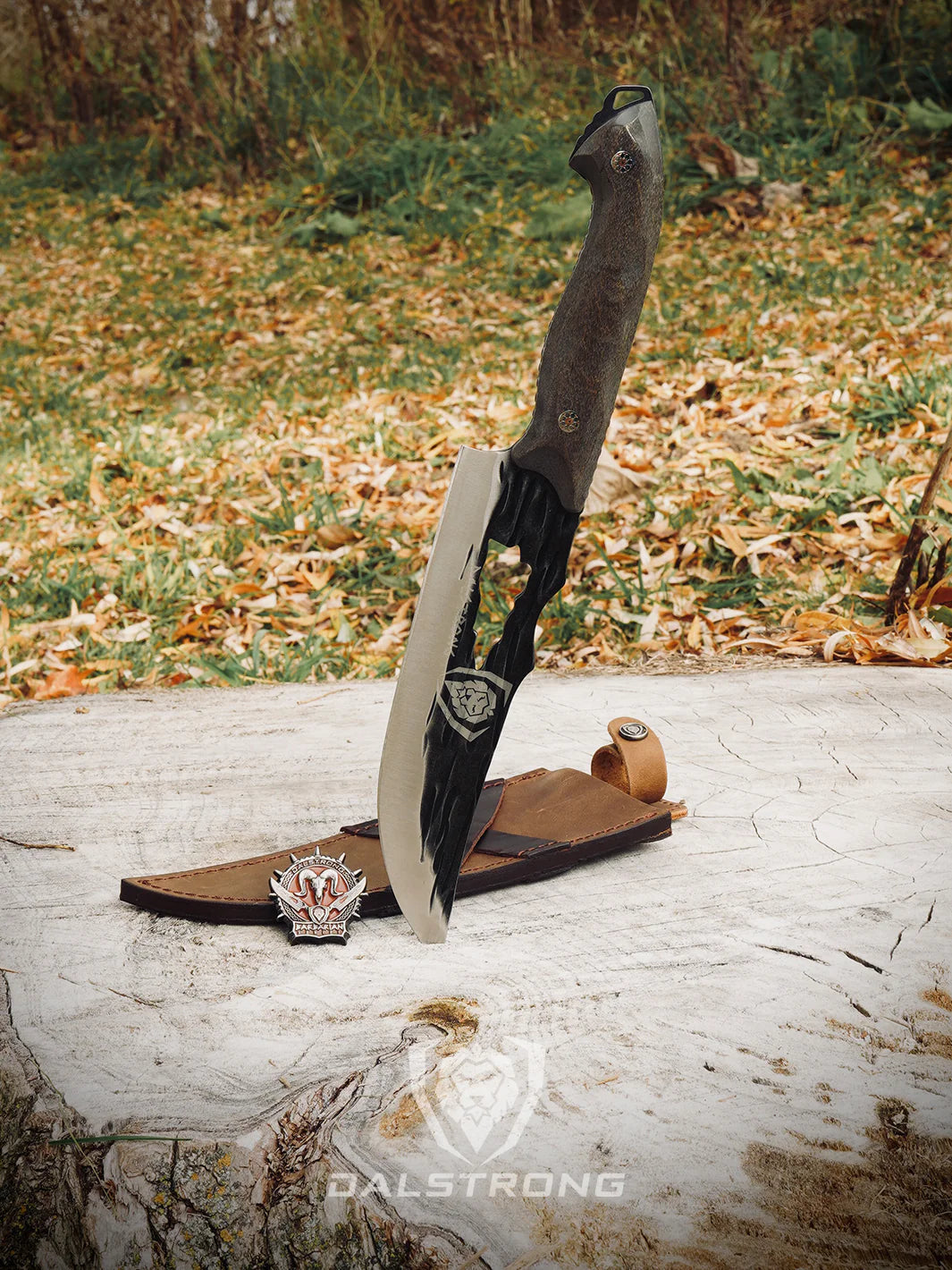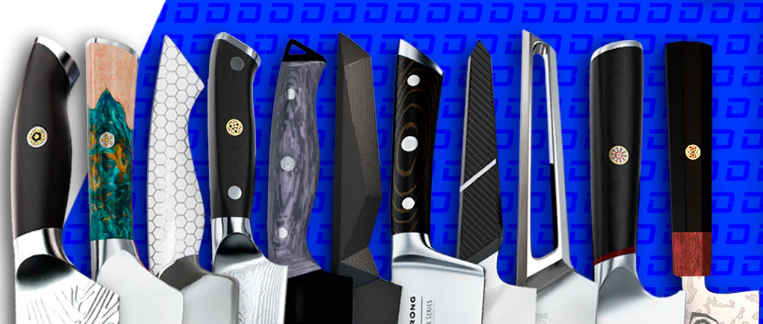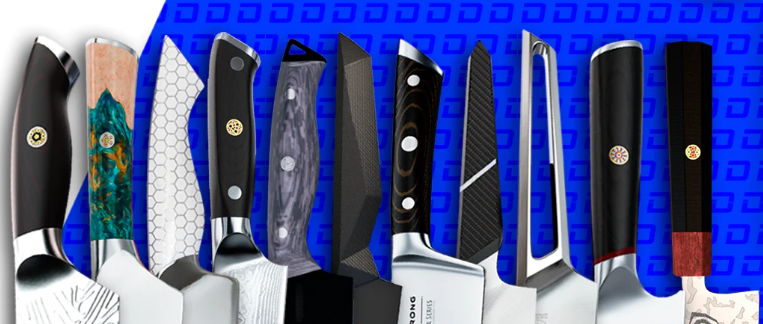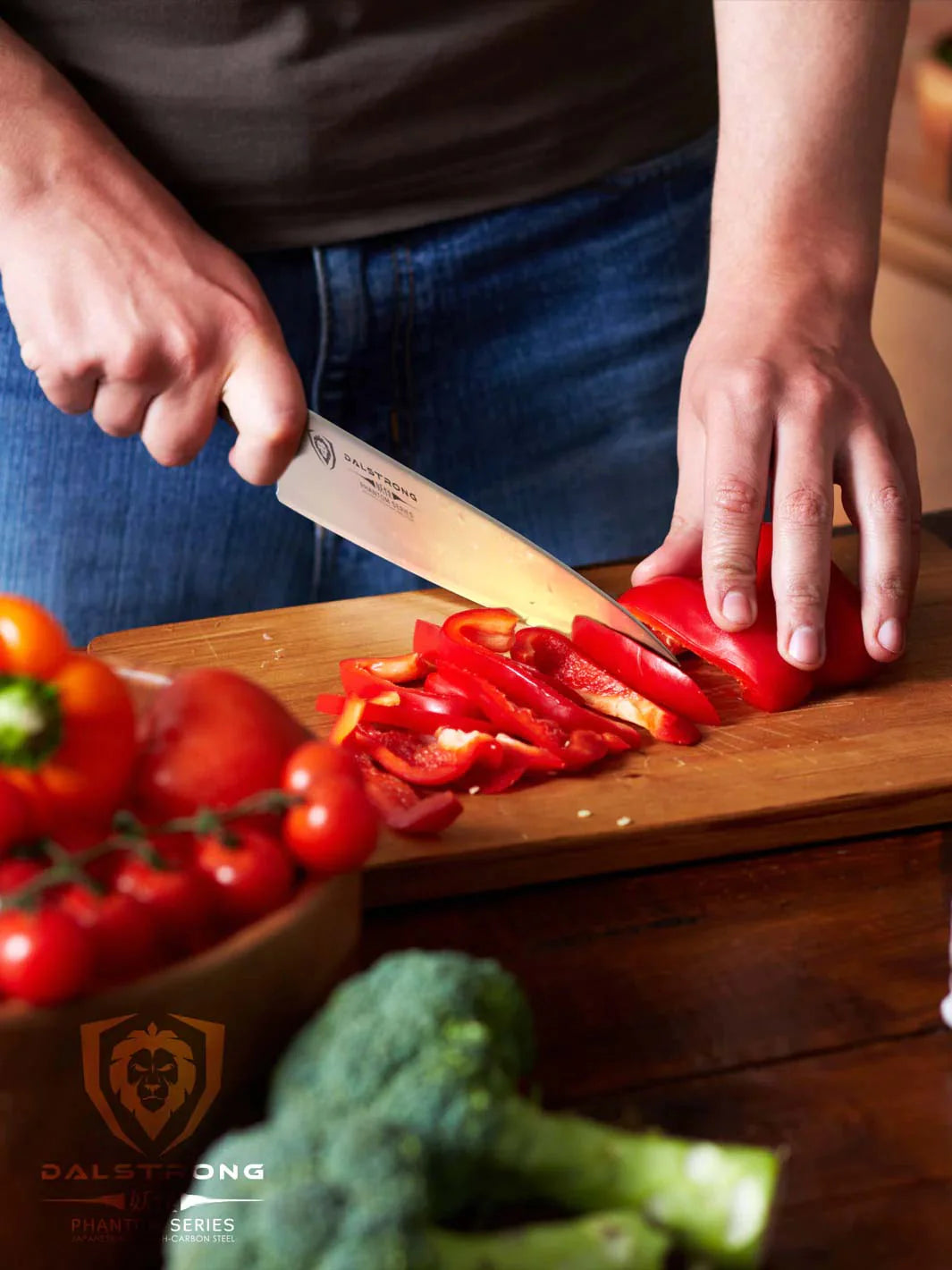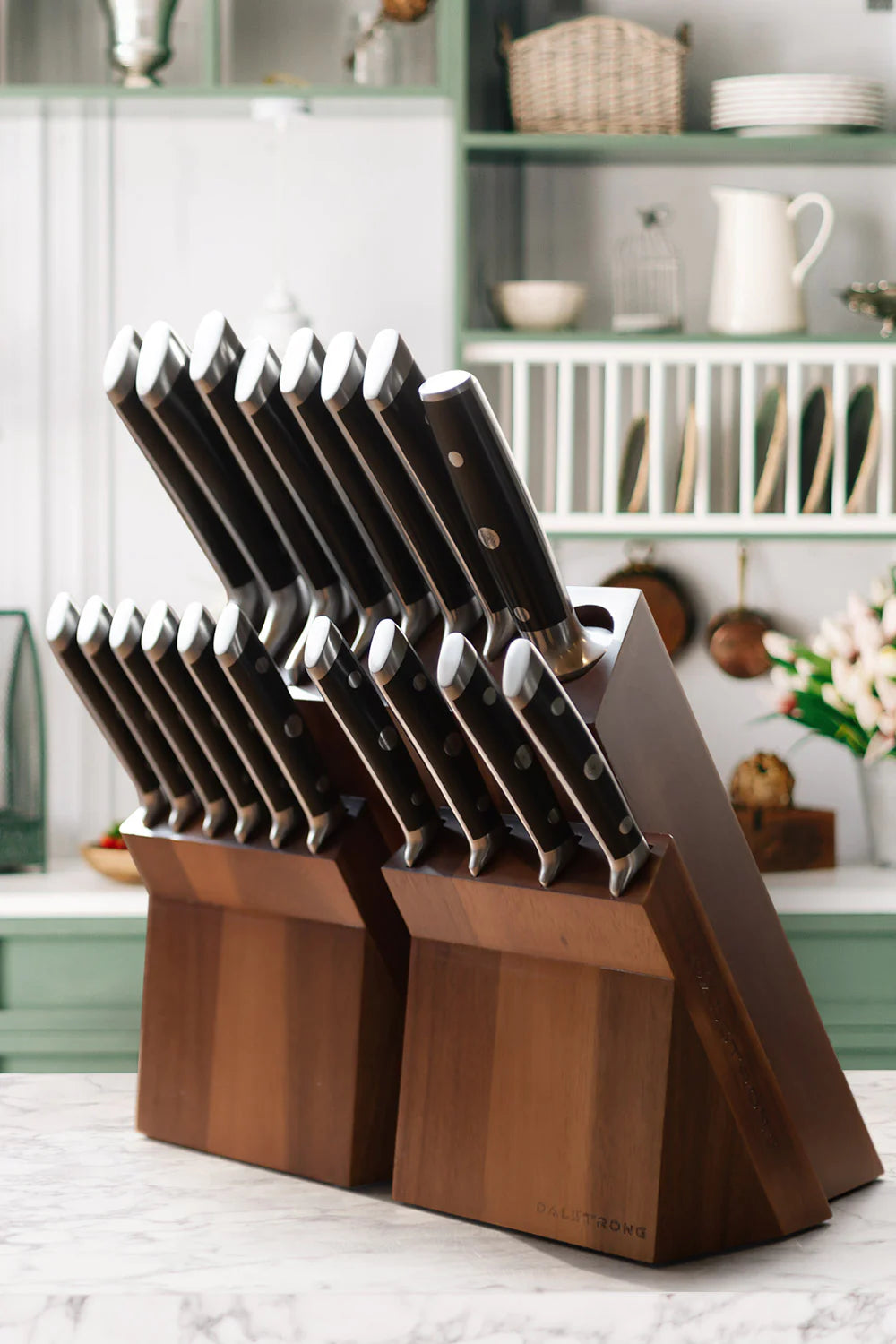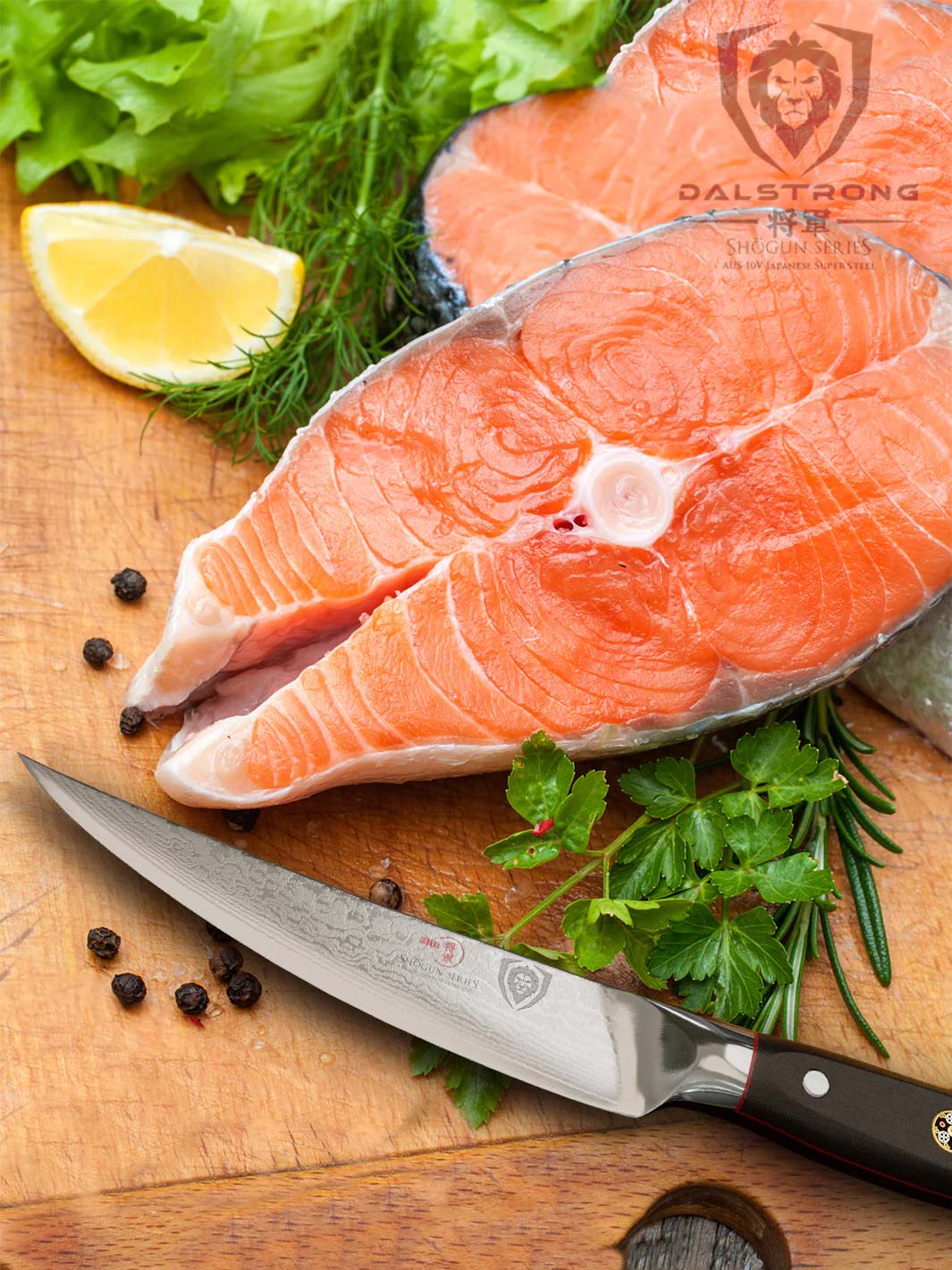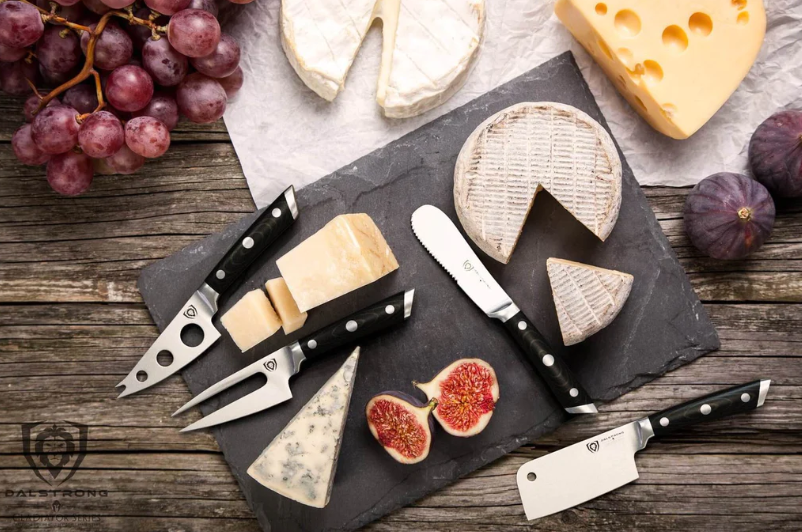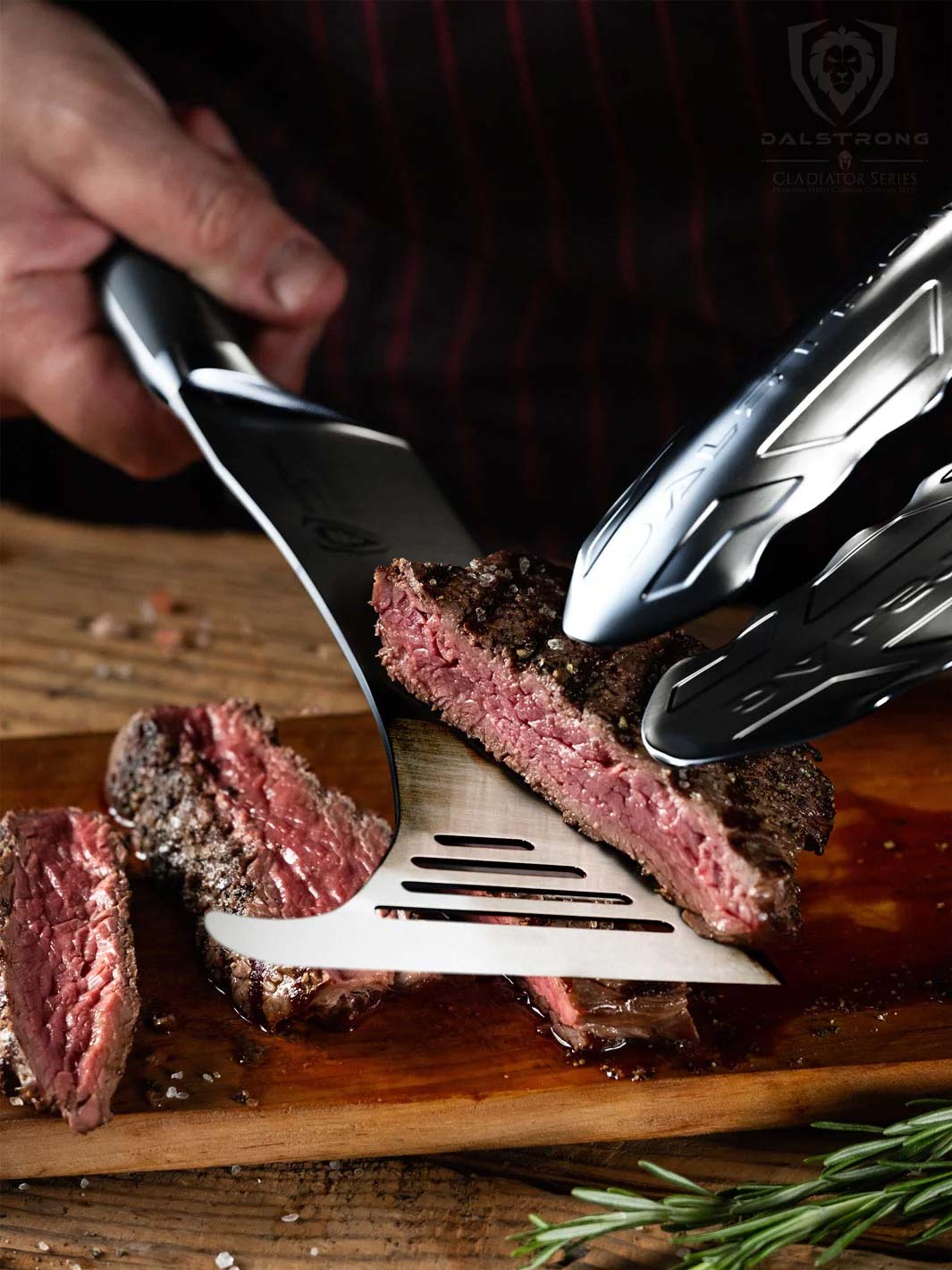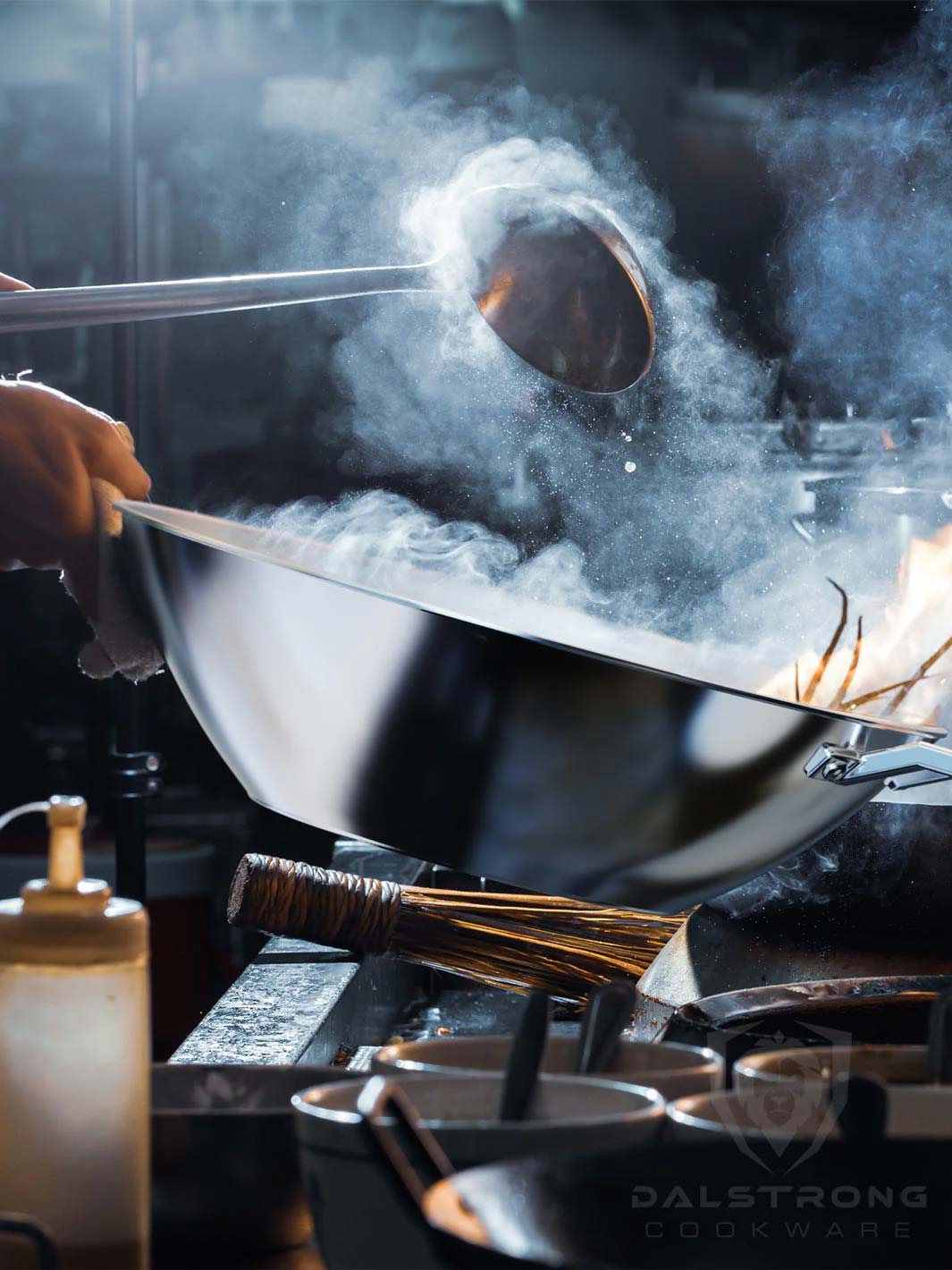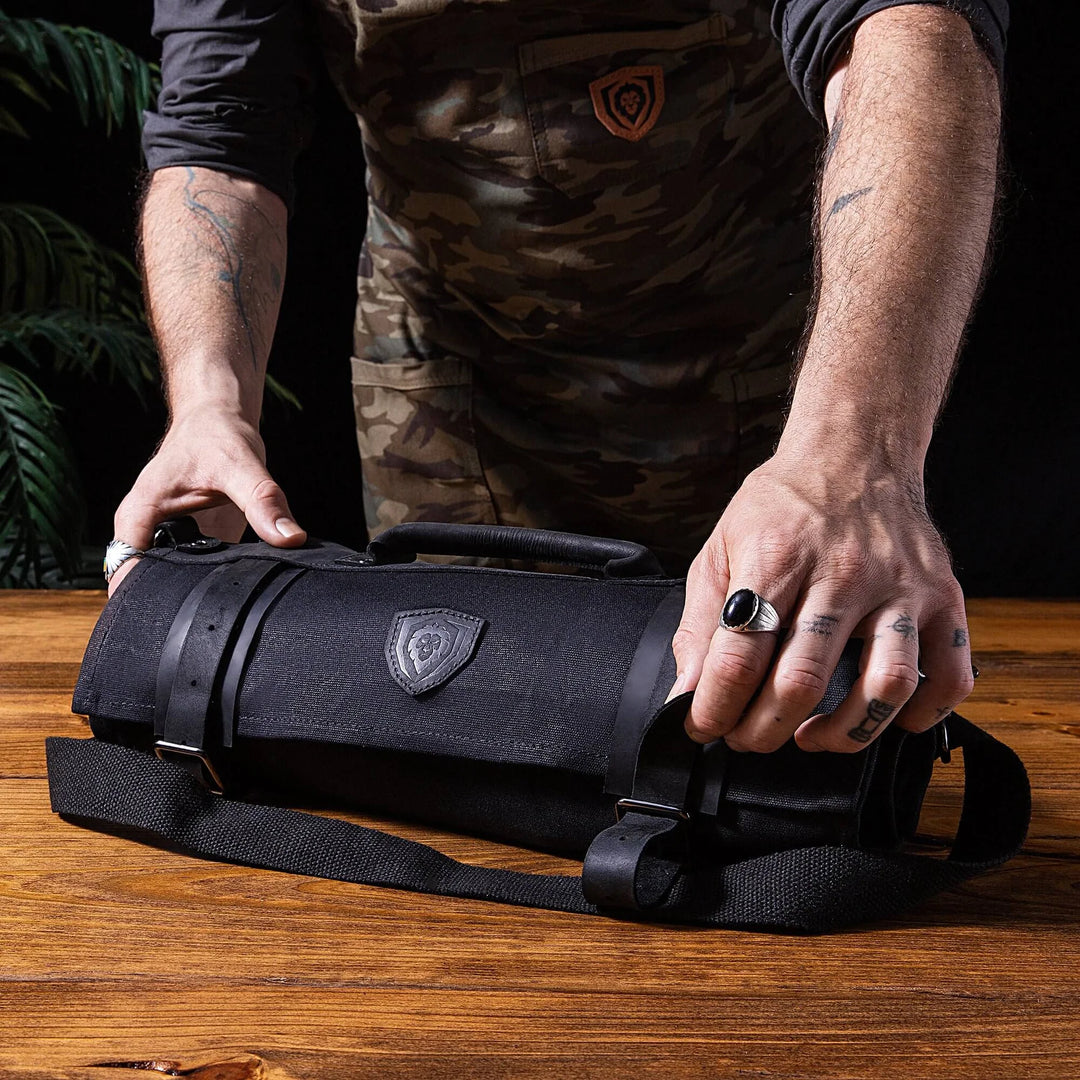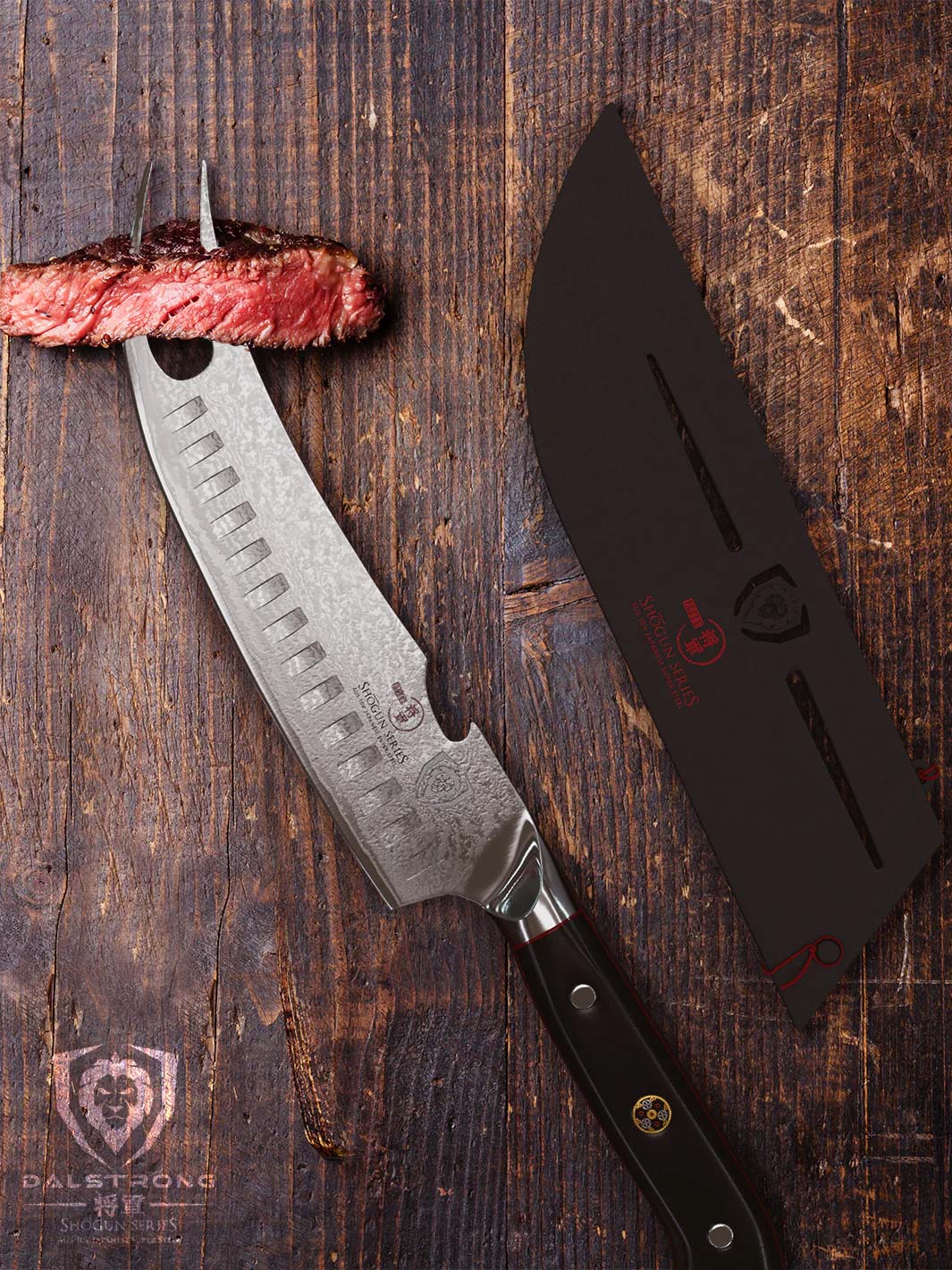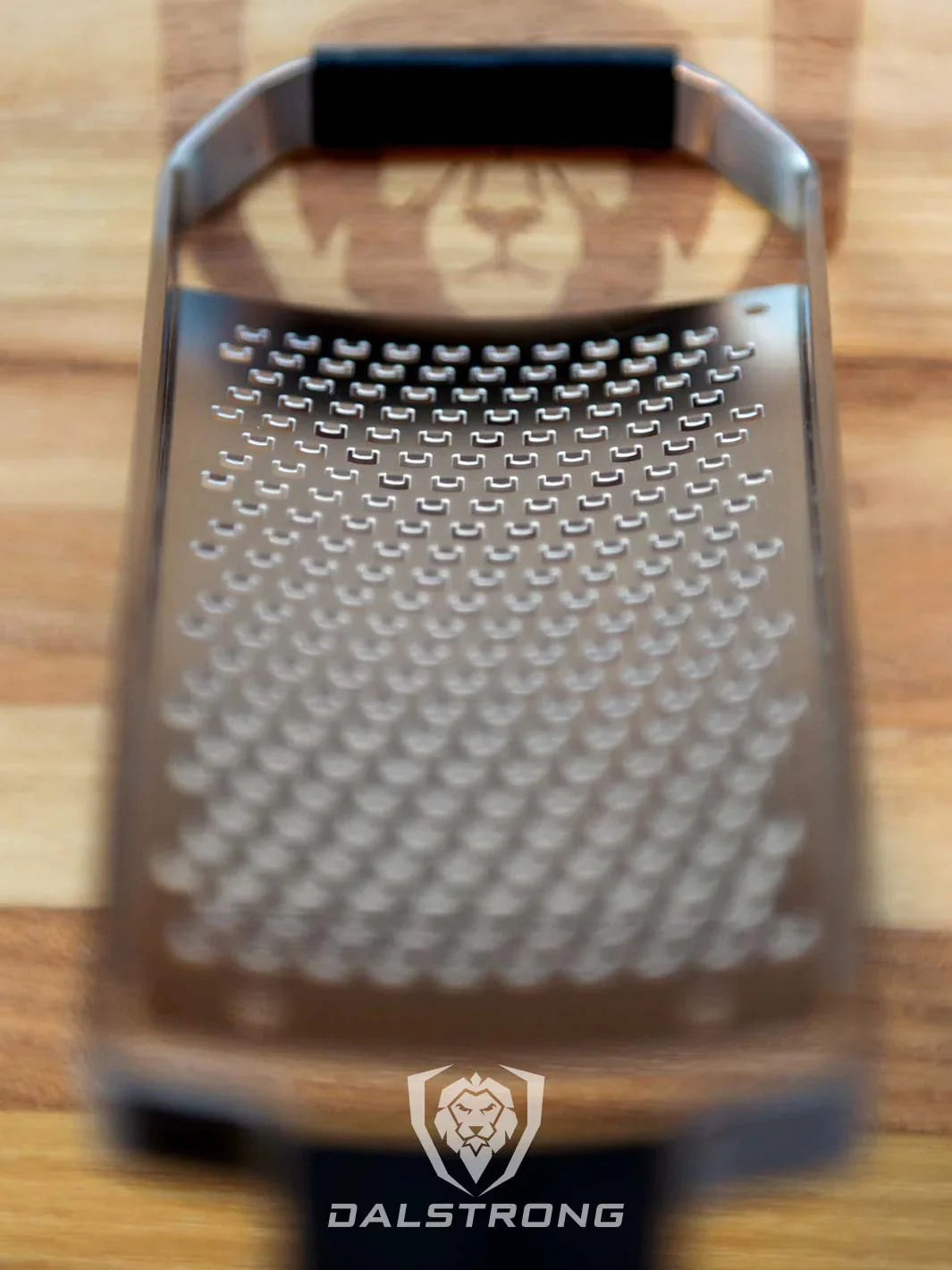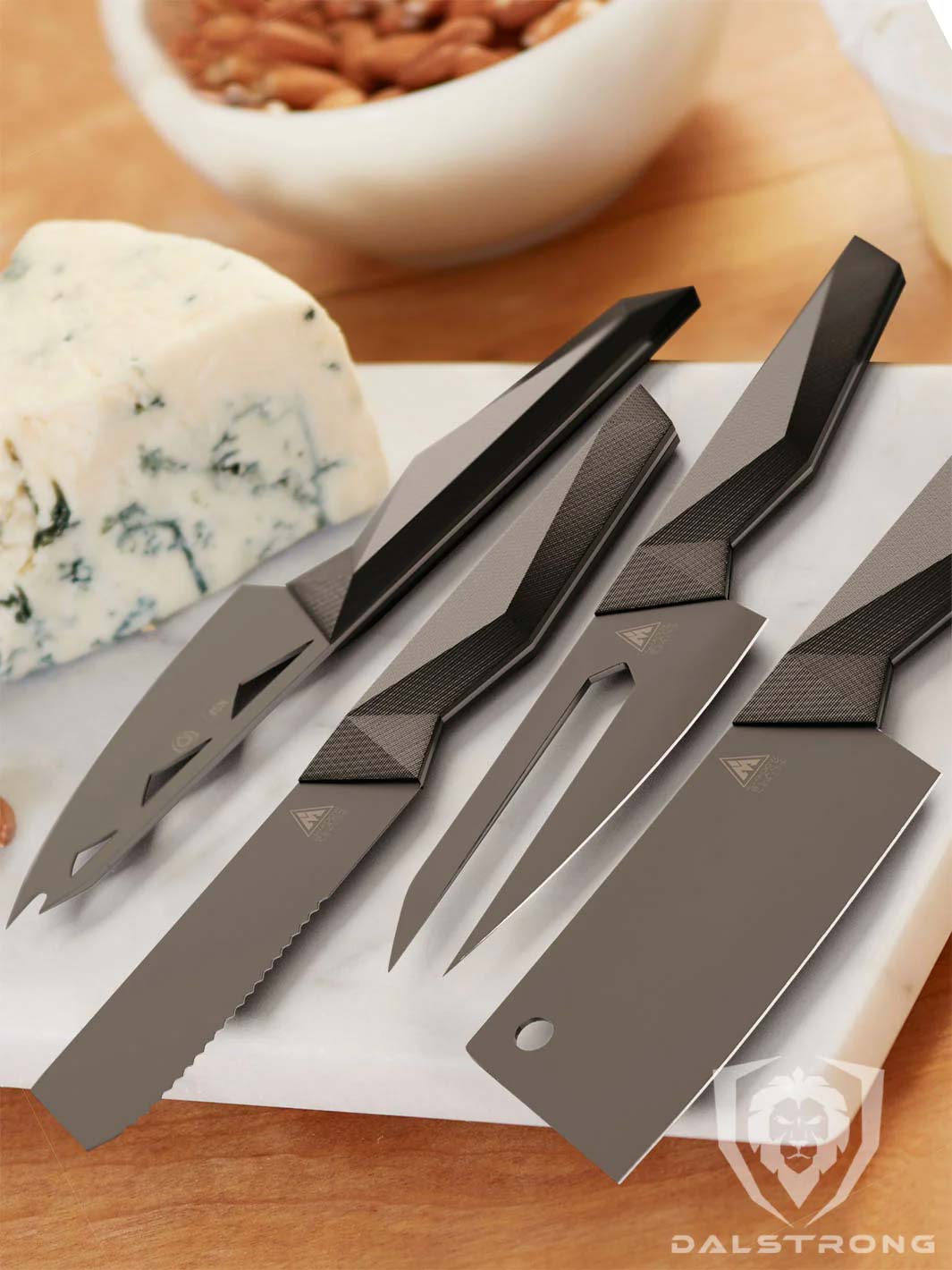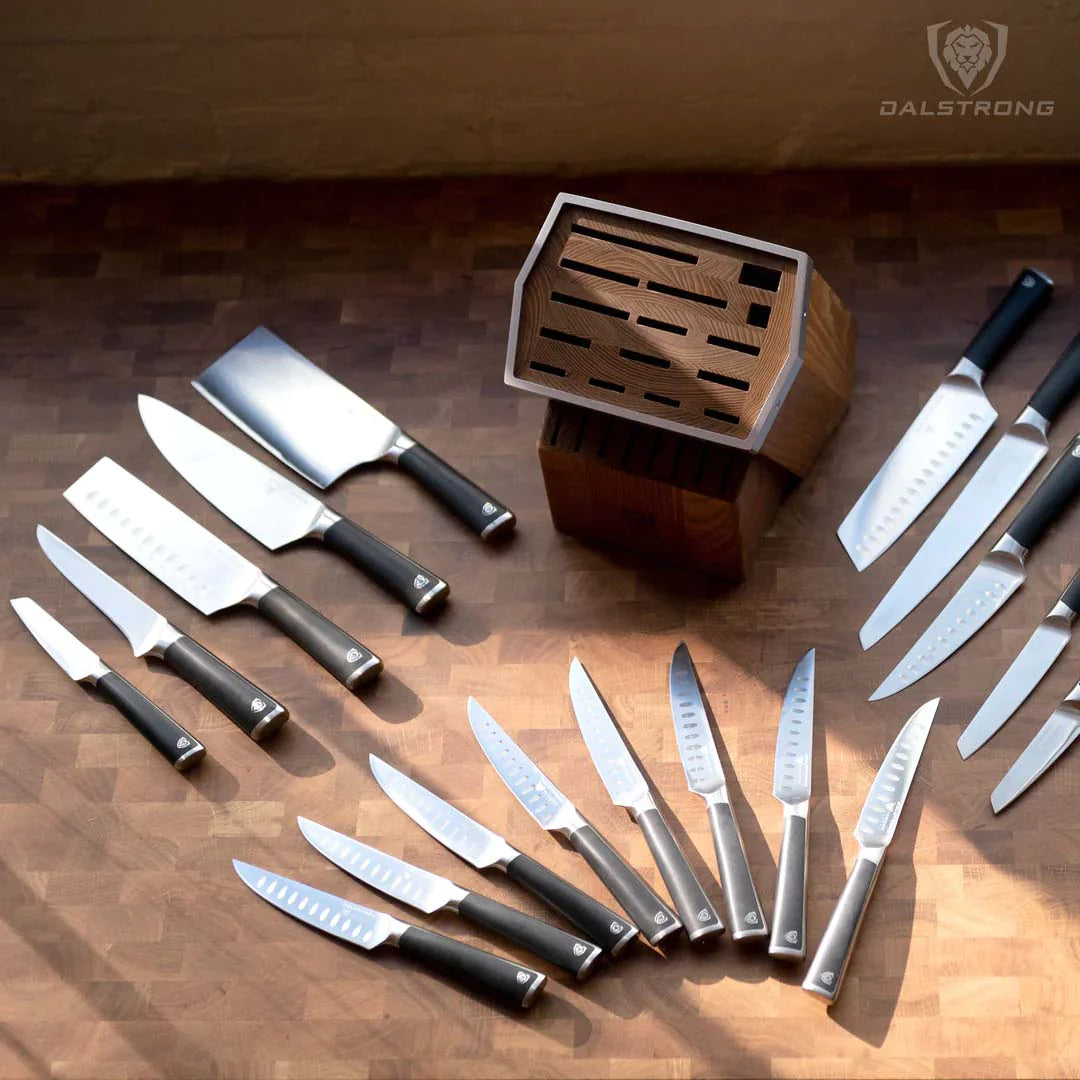Cts-bd1n steel : What is it and what knives use it?

What is CTS-BD1N steel?
CTS-BD1N is a high quality stainless steel knife that is gradually gaining traction within the world of high-end kitchen knives. It is a nitrogen based steel, so it sharpens easily while also not being as susceptible to chipping.
1. Knowing Your Materials

Why would you even care what your knives are made for, anyway? All you really need is for them to work in the kitchen, right?
The above is a surprisingly common sentiment, even among people who would consider themselves kitchen knife aficionados, people who know the intricacies of what knives should be used in which scenarios. But, of course, it’s misguided.
Knowing what knives are made from, the specifics of each type of steel, and how each type of steel interacts with its environment, is a fundamental step in becoming a true knife expert. This will aid you in knowing what knives are best for you in specific use cases. Not only that, but it will help you identify the gaps in your kitchen arsenal.
So today we’ll be exploring CTS-BD1N steel, a type of steel that is gradually taking the knifemaking world by storm. We’ll talk about its composition, its usage, what makes it unique, and what tips the scale in its favor when it comes to becoming an industry standard. Let’s get started.
2. What Is CTS-BD1N Steel?
8.5'' Chef's Knife | Omega Series | Dalstrong ©
CTS-BD1N steel is a name you’re going to see more and more as time goes by. It is a type of steel that is slowly but surely gaining prominence in the world of metallurgy. What sets it apart from most other types of steel is that it’s nitrogen-based and vacuum-melted fine grain stainless steel. This comes with several upshots.
Nitrogen molecules are significantly smaller than chromium -- approximately one third the size. This allows for a more refined grain structure. The result is blade materials that takes a much finer edge while also being less prone to chipping. Essentially, CTS-BD1N steel (and other nitrogen based steels) are able to get sharp with very little effort, while also not being brittle or fragile.
Another upshot of the presence of nitrogen is that less chromium can be used in the creation of the blade without sacrificing the steel’s stain resistance. Chromium is an alloying element in steel, added to steel in order to increase its resistance to oxidation and corrosion, but its presence may have the undesired effect of resulting in excessive hardness and cracking. Nitrogen based steels mitigate the drawbacks of its usage.
Because of its functional qualities and composition, this vacuum melted stainless steel is poised to increase its market presence exponentially and eventually even become the go-to performer of the production knife world. Its production cost is comparable to other steels, such as VG-10 or N690, while also sporting an even better mix of corrosion resistance, wear resistance, and ability to achieve and maintain a ruthlessly sharp edge. And we’re all about that.
It should be noted that CTS-BD1N is different from the similarly named CTS-BD1 steel. CTS-BD1N (note the “N” at the end) is a nitrogen-based, high-carbon chromium modernistic steel that offers superior hardness to CTS-BD1.
So what we’re looking at here with CTS-BD1N steel is, essentially, a new contender for high-performing steel that retains a truly sharp edge while avoiding the brittleness of similar steels. While other steels are hard to sharpen (and, to be fair, also hard to dull), the “Goldilocks” zone of good cutting performance and ease of sharpening is a hard one to attain. CTS-BD1N sits right in that area, and it’s gradually gaining prominence in the world of knife manufacturing.
3. Benefits of CTS-BD1N Steel
Santoku Knife 7"Quantum 1 Series | Dalstrong
So. We’ve established that CTS-BD1N is a sturdy and powerful new type of stainless steel that is also accessible at a relatively affordable price and is slowly gaining traction as a go-to material for high-end knives. Knife makers who are using CTS-BD1N steel are at the ground floor of something big.
Here are some of the benefits of CTS-BD1N stainless steel
- Good toughness: This steel isn’t especially hard, but it is very tough (remember that hardness and toughness are inversely proportional). You’ll find that a blade made of CTS-BD1N steel will have more than decent toughness. It won’t break or chip, which makes it an ideal material for a great variety of kitchen related tasks.
- Edge retention: This is where CTS-BD1N steel absolutely shines. It’s known as a great choice for edge retention, especially when compared to other steels of its group. Its sharpenability is fantastic, thanks to its moderately high hardness level. This keeps the knife from deforming and helps it sustain a sharp edge.
- Ease of sharpness: Not only does the steel retain a great edge, it’s also extremely easy to sharpen. Even after using it for a very tough job, you’ll find that you can quickly and easily sharpen it using a whetstone or knife sharpener. This makes it a great choice for a novice who is just learning how to sharpen knives.
- High corrosion resistance: CTS-BD1N stainless steel is nitrogen-based, and so there’s less chromium content. However, that does not come at the expense of the knife’s corrosion resistance. It won’t rust or corrode easily. However, it’s always important to take basic precautions; make sure you don’t leave it in a wet area overnight, and wipe it after every use.
- Good wear resistance: Thanks to the composition of CTS-BD1N steel, the blade will last for a long time. It’s a durable steel, which is why you won’t find many cheap knives made with the material.
4. Kitchen Knives That Use CTS-BD1N Steel
So what are some kitchen knives that use CTS-BD1N steel? For this list, we’ll focus on two Dalstrong knife series that feature CTS-BD1N steel: the Omega Series and the Quantum 1 Series. This is just a quick selection of the knives from these series.
1. Chef & Cleaver Hybrid Knife 8" | Crixus | Quantum 1 Series | Dalstrong ©
We start things off with a knife that feels truly futuristic. This 8” Crixus knife combines the best elements of a chef’s knife and a cleaver knife, which means it will come in handy for a huge variety of kitchen tasks.
PROS:
- Precision forged, ultra sharp, wear resistant single-piece high-carbon CTS-BD1N steel, which, as we’ve discussed, is a great performing steel for knives.
- Extremely sharp! Hand-sharpened to 8-12 degrees per side, which helps it find the superior balance between sharpness and resilience.
- Look how cool it is. With this knife, you’ll feel like you’re using a tool straight out of a science fiction film.
- Features a fiber-resin military grade G10 handle, which is nearly impervious to heat, cold, and moisture.
CONS:
- Although this knife is a hybrid of a chef knife and a cleaver, it’s not a full cleaver. If you need something with a little more weight to it, you should get a cleaver knife.
- Some home cooks might find the presentation a bit too flashy.
2. Kiritsuke Chef's Knife 8.5" | Collector Set | Omega Series | Dalstrong ©
An absolutely stunning Kiritsuke chef’s knife from Dalstrong’s Omega Series. A Kiritsuke knife is a cross between two different Japanese chef’s knives: the gyutou and the yanagi. So this knife can be used for all kinds of tasks.
PROS:
- Extremely sharp edge, featuring a staggering 8-12 degree angle per side. This will allow you to make quick work of any culinary challenge.
- The CTS-BD1N steel, with an added vacuum treatment, makes it a fantastic performer.
- It features Dalstrong’s LiquidMetal pattern, which not only looks awesome but also minimizes drag and stuck on food.
- An ergonomic, military-grade G10 handle with a non-slip grip.
CONS:
- At 8.5 inches, this might be a little large for some home cooks looking for an all-purpose knife.
- This knife is designed for ultimate performance, though some home cooks might find it a little thin (if they’re looking for something closer to a cleaver or general chef’s knife).
3. Bread Knife 9" | Quantum 1 Series | Dalstrong ©
Bread! Who doesn’t love it? And don’t you want to make sure it retains its ideal texture and structural integrity? This is why you need a good bread knife, and this wonderful bread knife from the Quantum 1 Series is a fantastic choice.
PROS:
- Very precisely spaced, razor-sharp serrations, which help “bite” into the bread and effortlessly slice into it.
- Like all these knives, it is made of high carbon American CTS-BD1N steel. It has an added vacuum heat seal treatment as well.
- Beautiful knife, featuring the Nova Prime blade pattern for looks and increased efficiency.
- Extremely easy to clean.
CONS:
- As a bread knife, this is not the best way to go if you’re looking for a single multi-purpose knife.
- As with all serrated knives, sharpening is a tad bit more cumbersome due to the serrations.
4. Paring Knife 4"Quantum 1 Series | Dalstrong
No kitchen arsenal is complete without a good paring knife, enabling you to perform all manner of precision cuts. And this great 4” paring knife from the Quantum Series is a fantastic choice.
PROS:
- Excellent edge retention, with 63+ Rockwell hardness.
- Uniquely designed with our “Nova Prime” blade pattern that reduces drag and increases efficiency.
- Tall blade height gives knuckle clearance to assist with food preparation and chopping activity.
CONS:
- Some might find this 4” knife to be a little large for a paring knife.
- Steel types with lower rockwell hardness are easier to sharpen.
- On the flipside of that, if you’re looking for something that combines the precision cutting ability of a paring knife with a larger size for a wider variety of kitchen tasks, maybe look into a utility knife. For instance...
5. Utility Knife 6" | Quantum 1 Series | Dalstrong ©
Here’s a fantastic and versatile utility knife that will excel at a wide variety of culinary tasks. Yes, it’s modestly sized, but it’s still a powerful piece of kitchen cutlery that will aid you in all manner of cooking challenges.
PROS:
- As with all the other knives in this list, it’s made of extremely durable American-made CTS-BD1N steel.
- Features a Dragon Skin G10 carbon-fiber handle with not only looks sleek and stylish, but it is also optimized for maneuverability.
- An astounding 63+ Rockwell hardness, with an added vacuum and heat seal treatment.
- The blade features a beautiful hand polished satin finish.
CONS:
- Not quite a paring knife, not quite a chef knife, this in-between solution will be useful for many home cooks but some others will want to go either bigger or smaller.
- Its sleek and stylish look may stand out a bit in your knife collection.
6. Nakiri Knife 7" | Omega Series | Dalstrong ©
Nakiris are a type of Japanese knife that are specifically designed for cutting vegetables, combining elements of a chef’s knife with a vegetable cleaver and featuring a square tip and flat profile.
PROS:
- This ctsbd1n blade has a scalpel-like sharpness straight out of the box.
- Incredible edge retention, allowing you to go longer before any need for further sharpening.
- Its tapered bolster encourages a natural and comfortable grip, allowing you to use the knife for longer periods of time.
- Full tang, and built to last a lifetime.
CONS:
- As a Nakiri that’s specifically designed for cutting vegetables, you might not want to go with this one if you’re looking for a more general purpose knife.
- This knife is a bit heftier than you might expect for a Nakiri.
7. Cleaver Knife 7" | Quantum 1 Series | Dalstrong ©
We wrap things up with the noble cleaver, one of the fundamental tools of the home or commercial cook. And this astounding 7” cleaver from the Quantum 1 Series is nothing less than a stunner.
PROS:
- A good amount of heft, enabling you to easily and comfortably chop through meat, poultry, vegetables, and fruit.
- The blade’s nitrogen treatment enhances its flexibility and durability; it’s powerful enough to make quick work of all manner of kitchen challenges, but lightweight enough to stay flexible and resilient.
- Dragon skin G10 carbon fiber handle; looks great, feels extremely comfortable.
- Features the gorgeous Dalstrong Nova Prime pattern, which increases cutting efficiency.
CONS:
- This is a cleaver that can be used for a wide array of tasks, but if you’re looking for something a bit more all-purpose, maybe look into the Cleaver/chef’s knife hybrid we listed earlier.
- Might be a little lighter than most cleavers, but the trade-off is unparalleled performance and versatility.
5. Frequently Asked Questions
7'' Nakiri Knife | Omega Series | Dalstrong ©
What is the composition of CTS-BD1N steel?
CTS BD1N steel is made up of 0.85-0.95 Carbon, 1.0 Manganese, 0.30 Phosphorus, 0.01 Sulfur, 1.0 Silicon, 15.0-17.0 Chromium, 0.5 Molybdenum, and 0.10-0.15% Nitrogen.
What products use CTS-BD1N steel?
CTS-BD1N steel is used to make all manner of things, such as camping knives, general purpose knives (sometimes even a folding knife or a pocket knife with a fixed blade will be made of this type of steel), ball bearings, small machinery parts, cutlery, and more. It works well in high-wear environments.
What is the difference between CTS-BD1 and CTS-BD1N steel?
The short answer is the “N” at the very end, which refers to the presence of nitrogen. This allows for better performance, but also makes the knife a little less affordable.
Written by Jorge Farah
Born on the coast of Colombia and based in Buenos Aires, Jorge is a cooking enthusiast and kitchenware obsessive with a tremendous amount of opinions.





















































































































